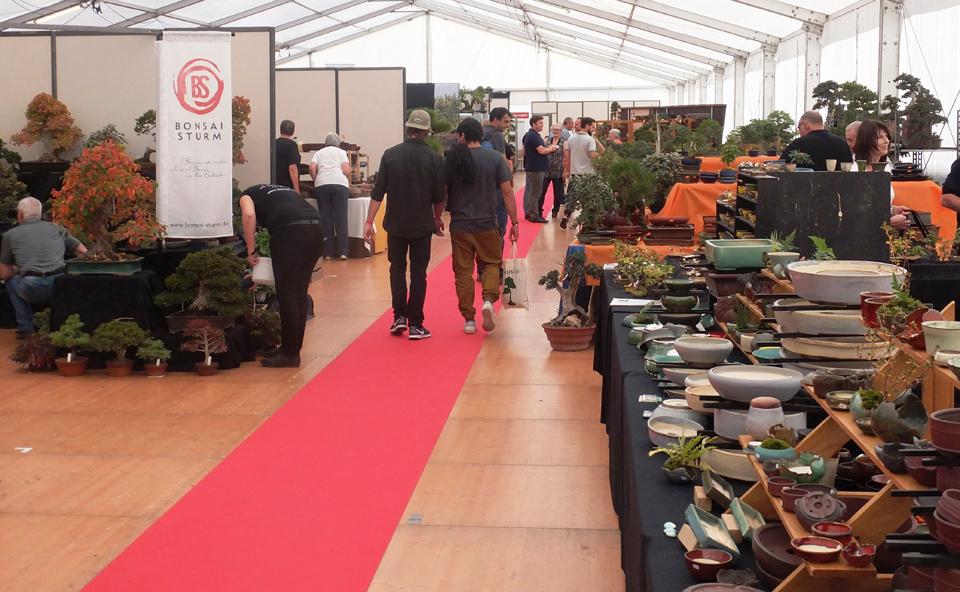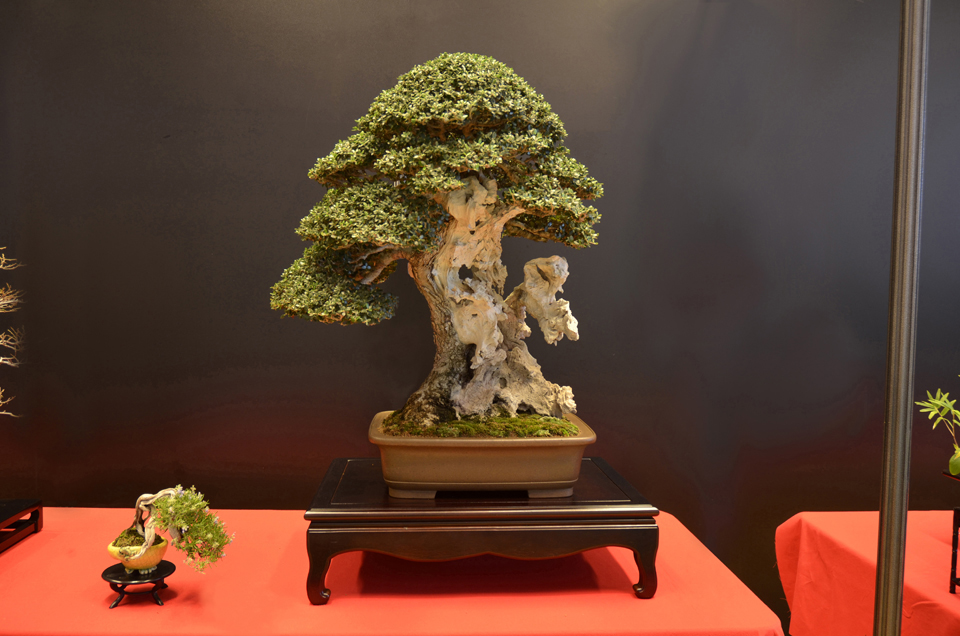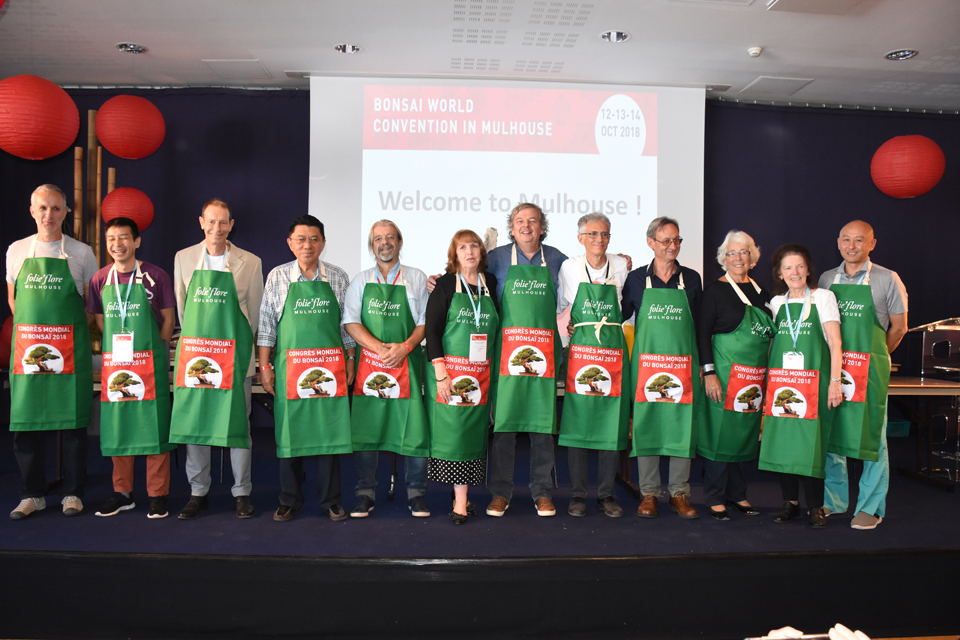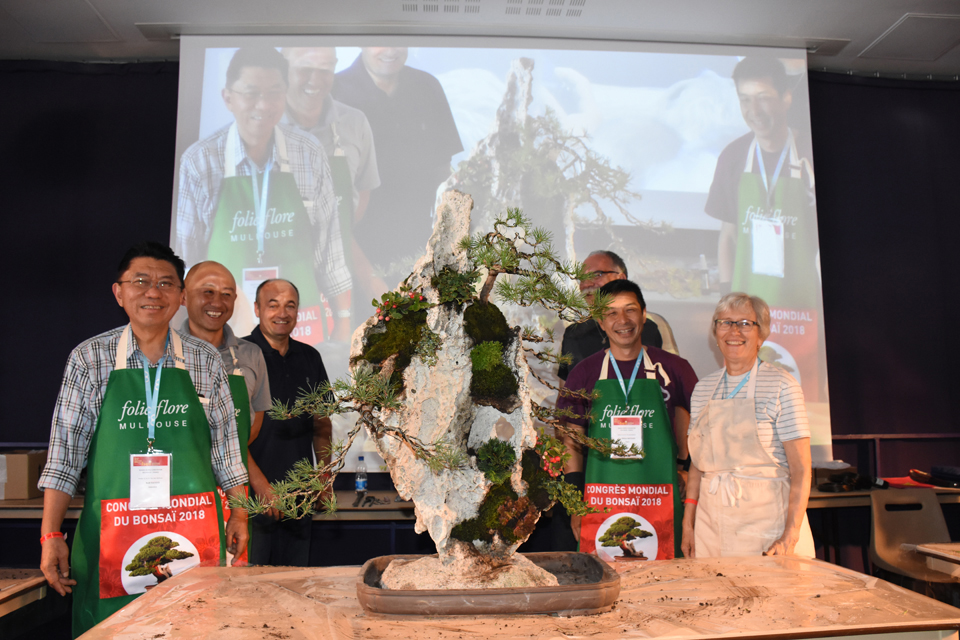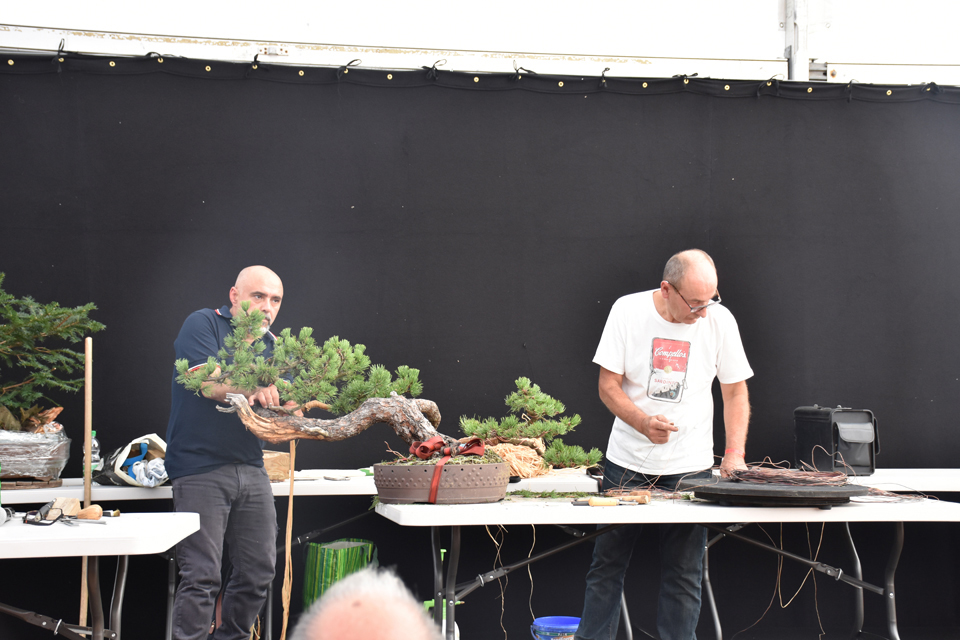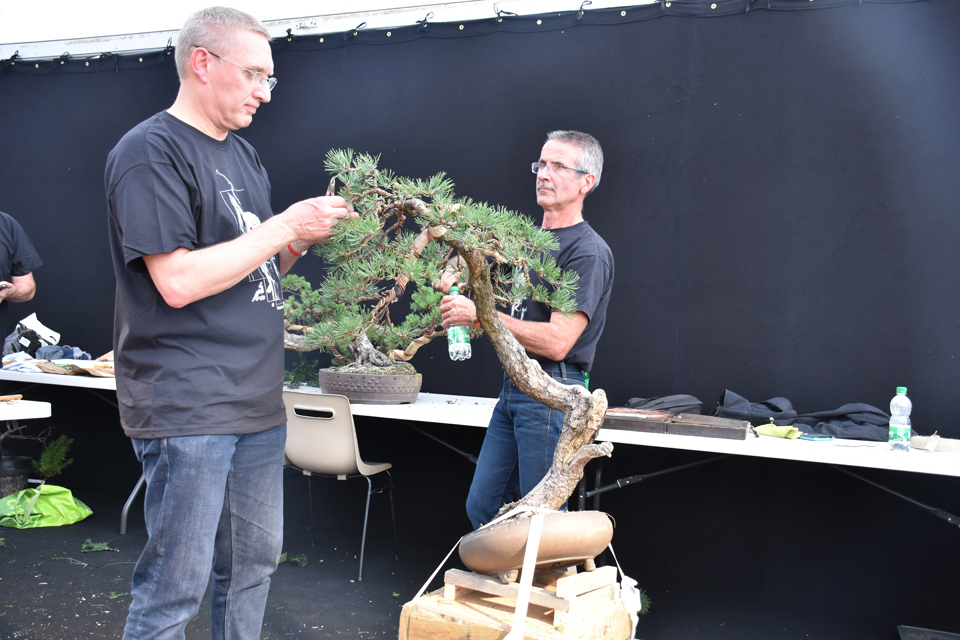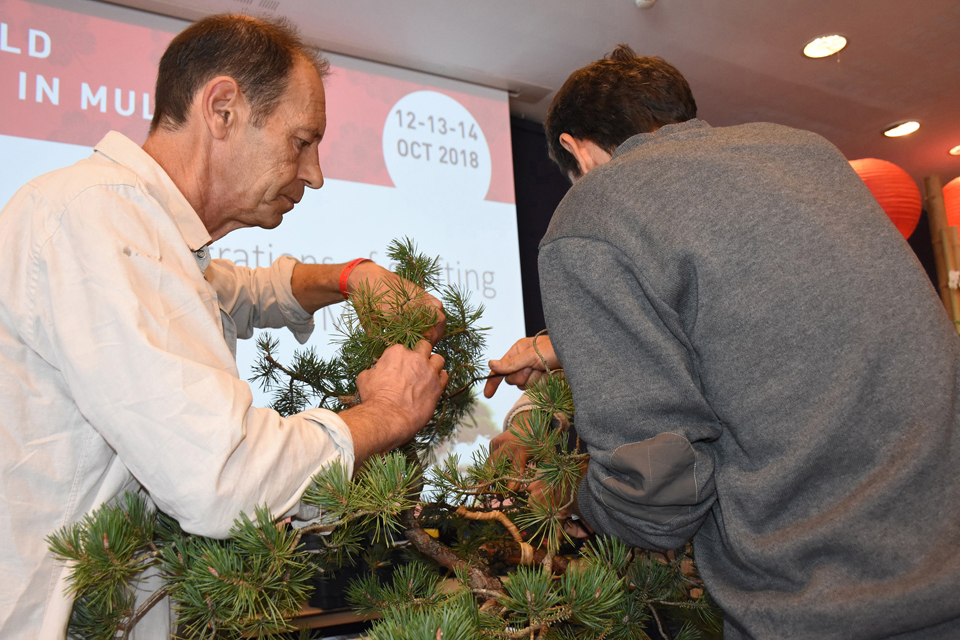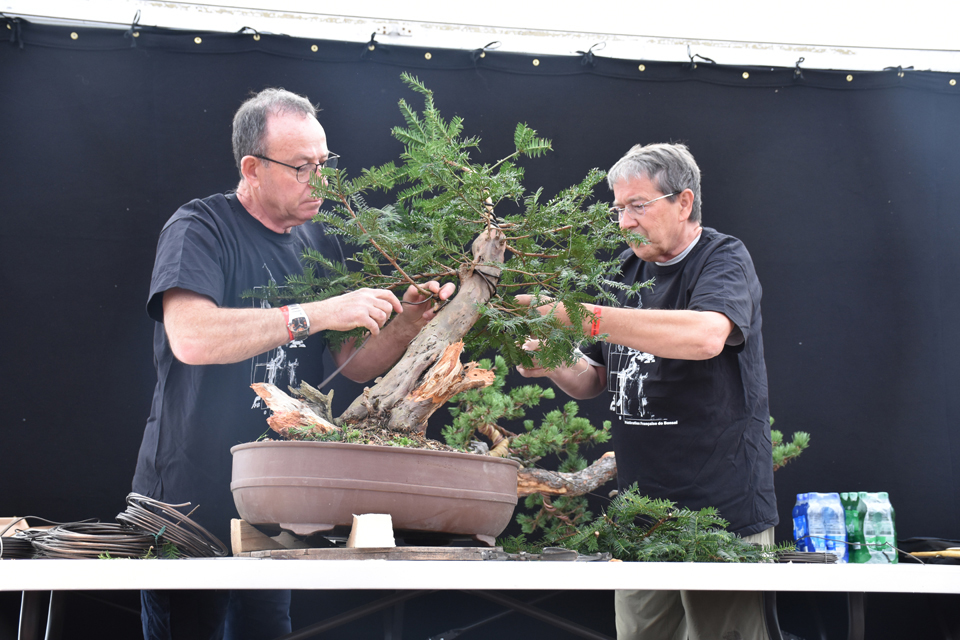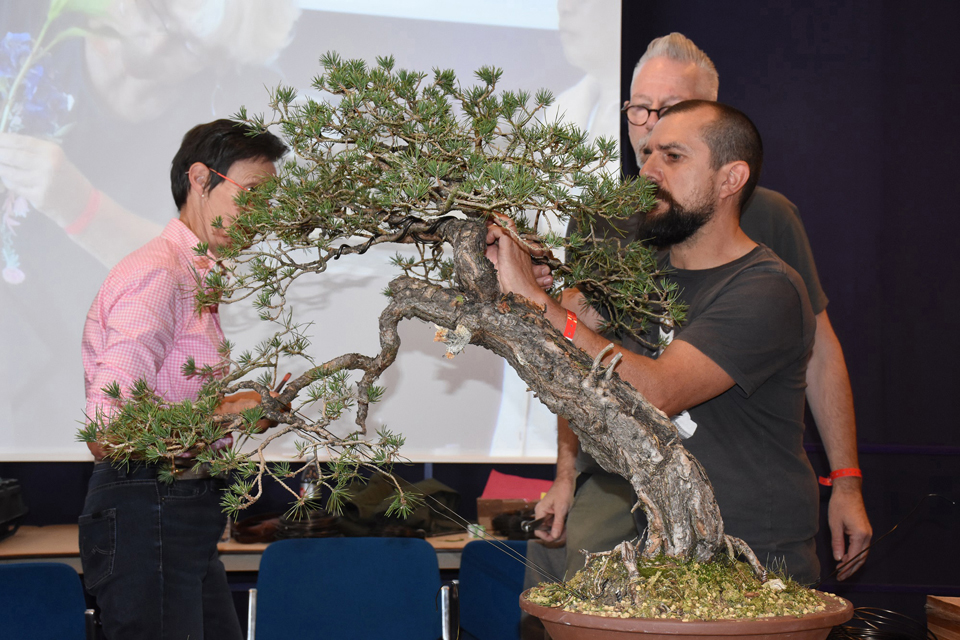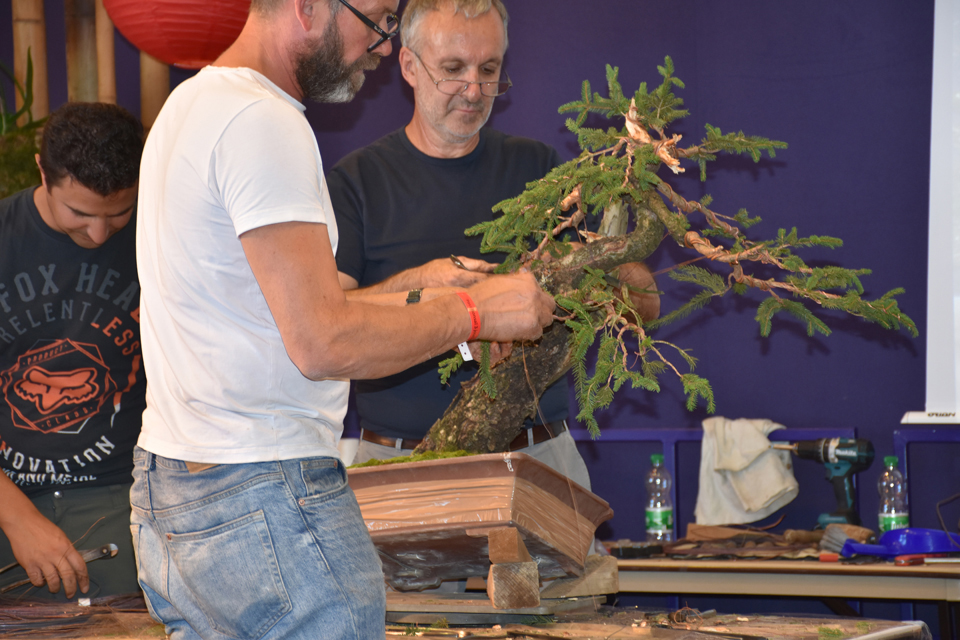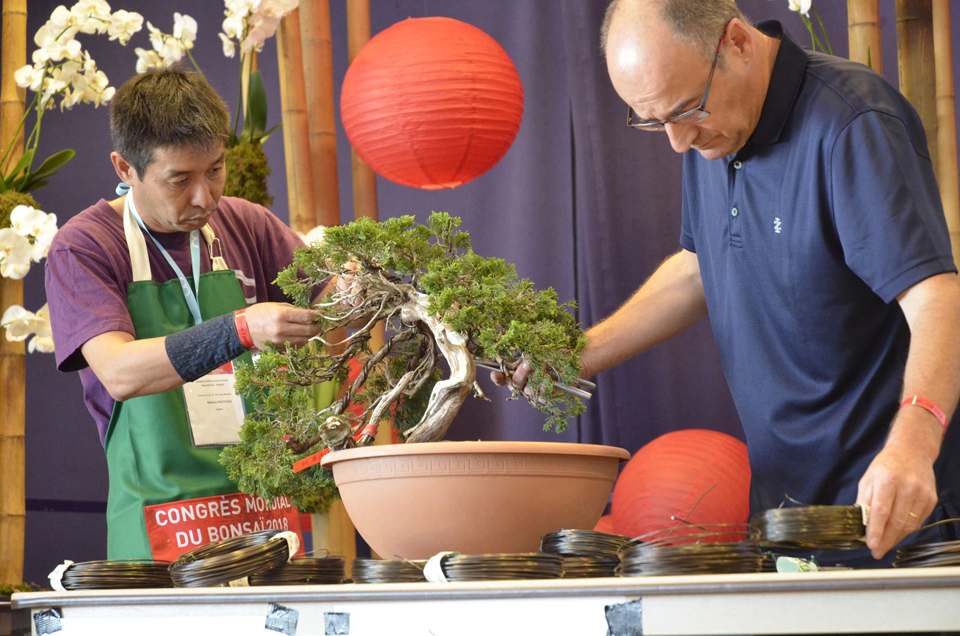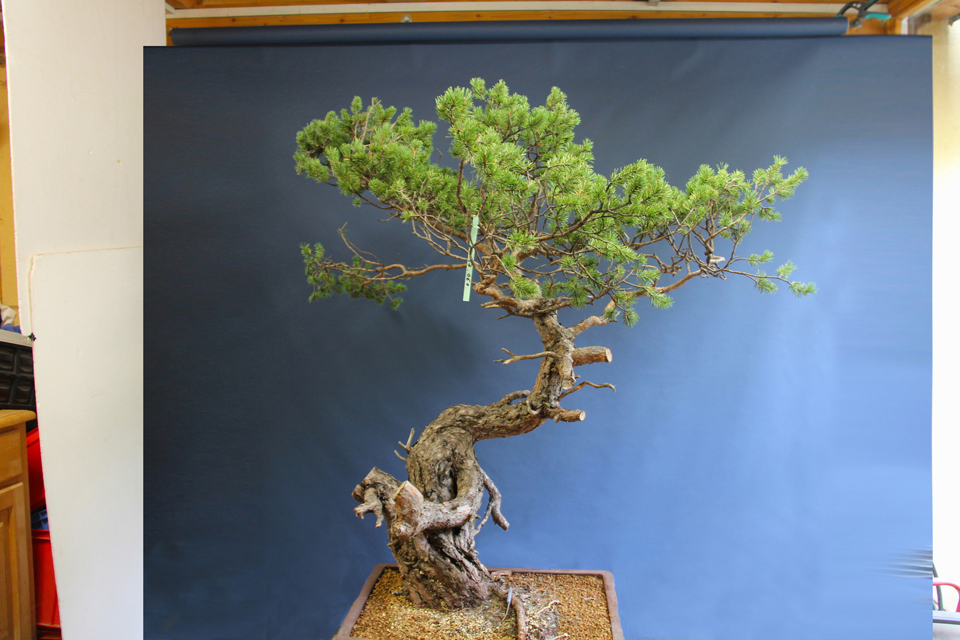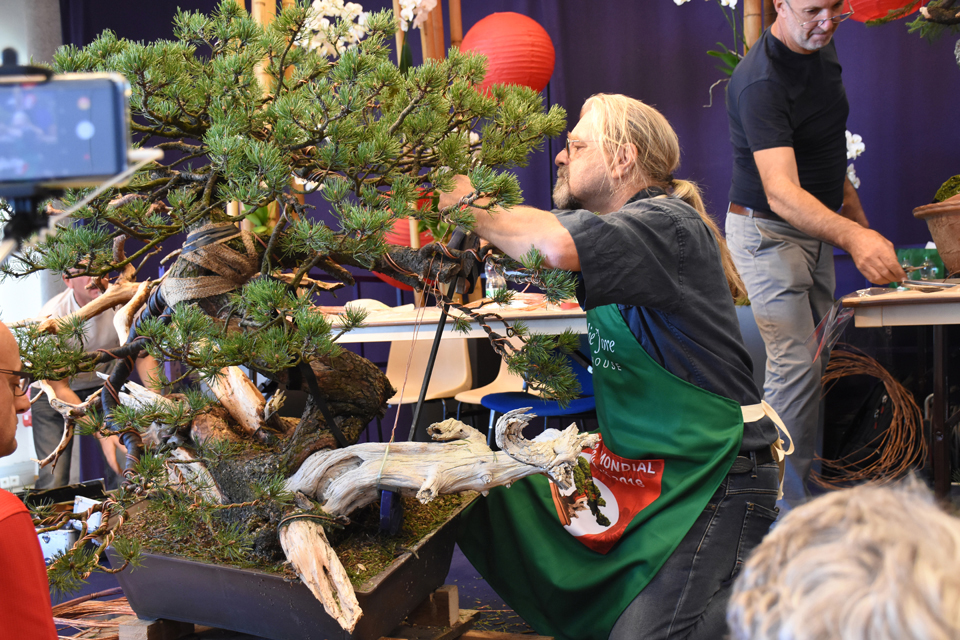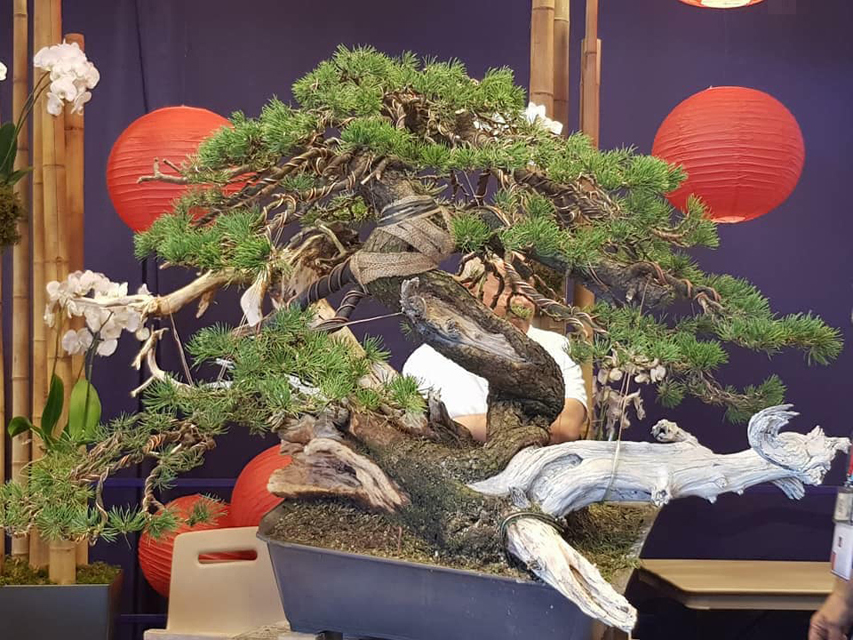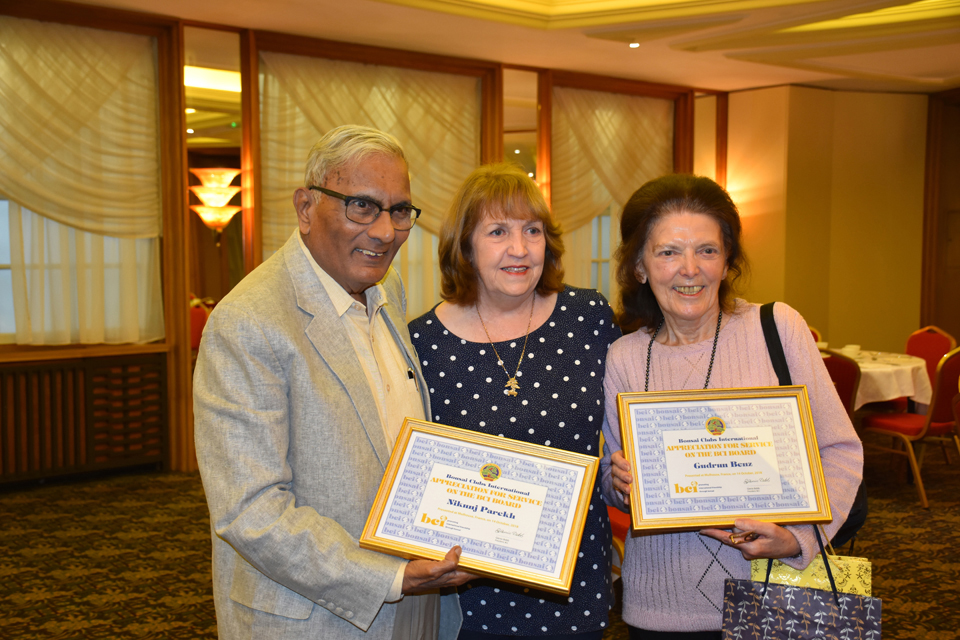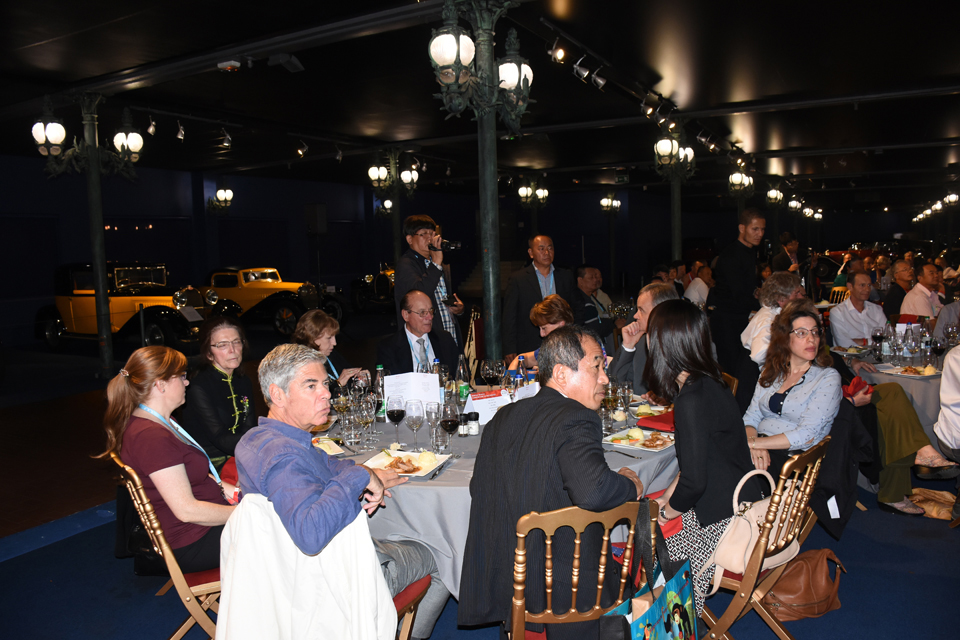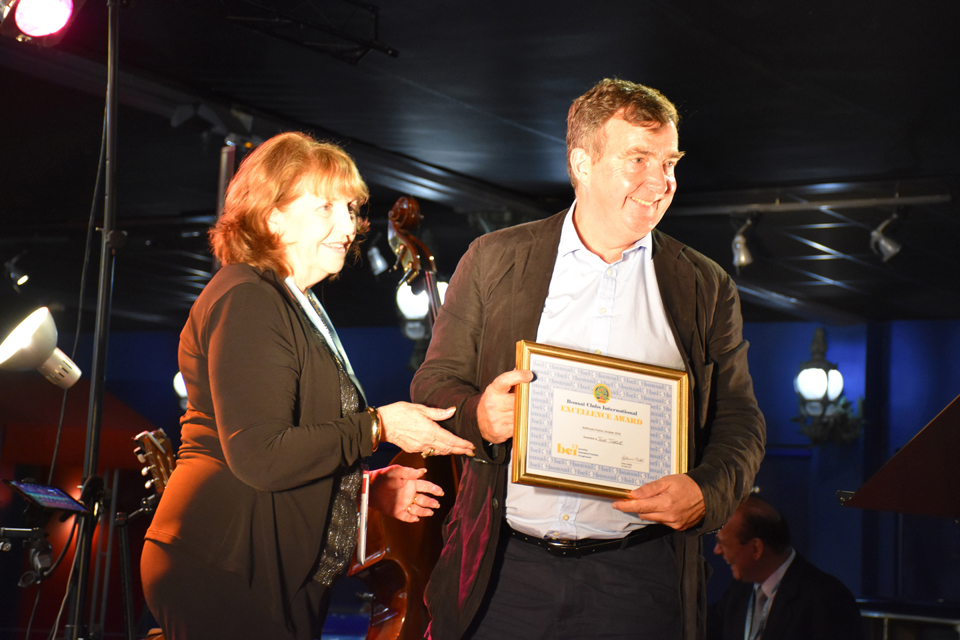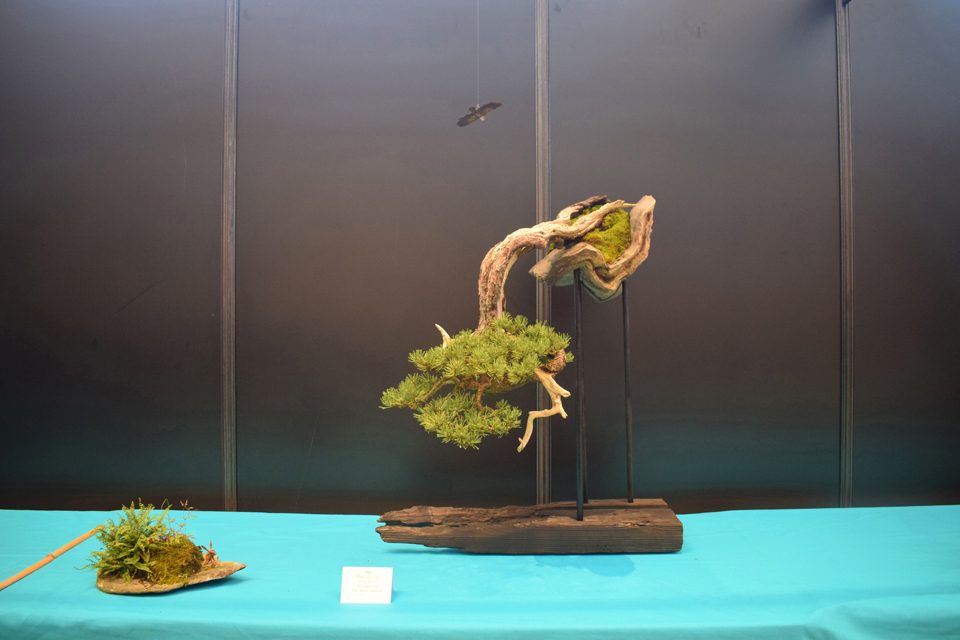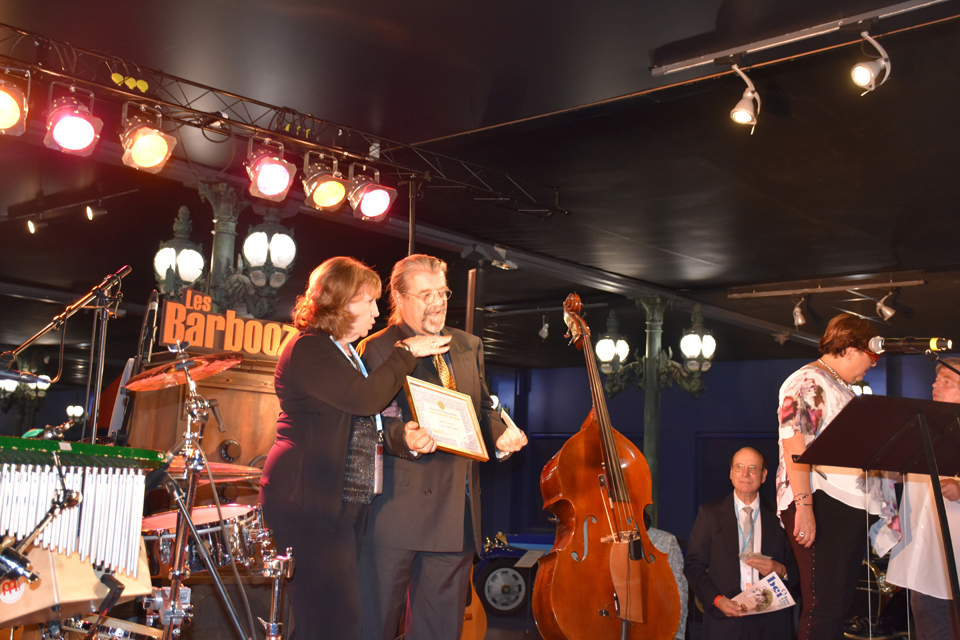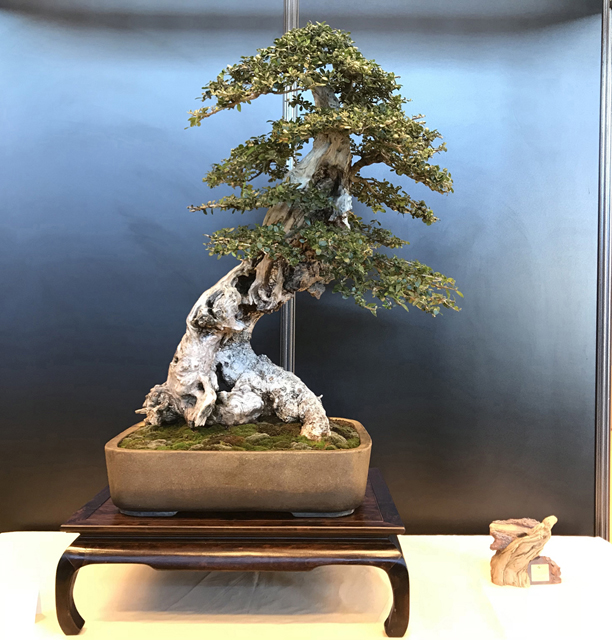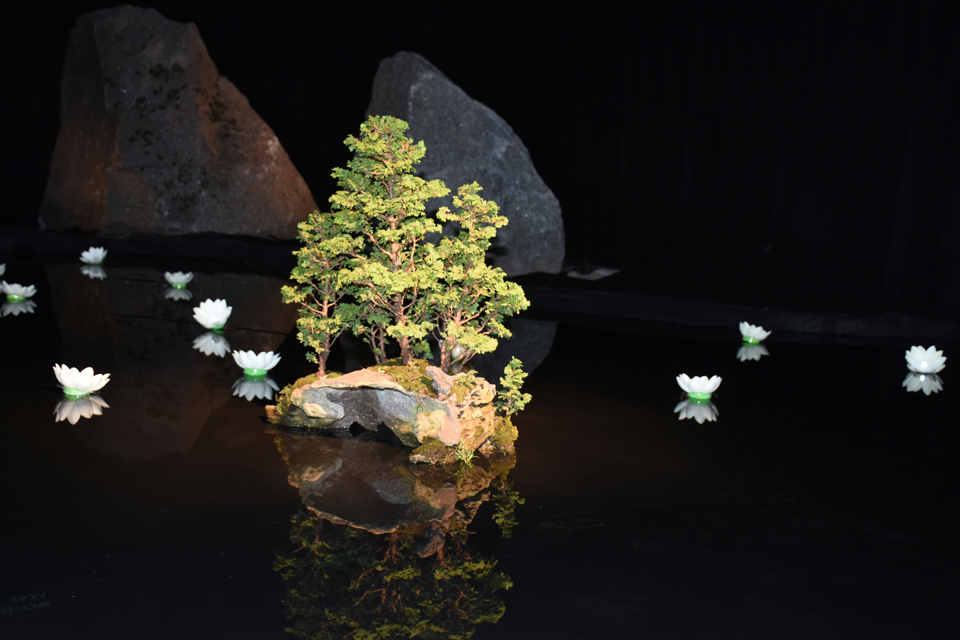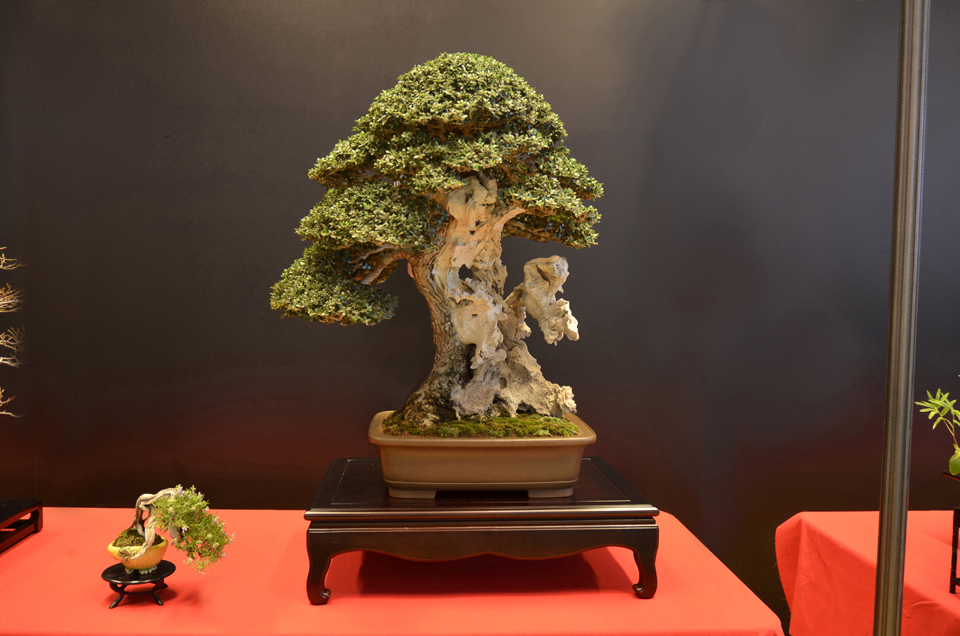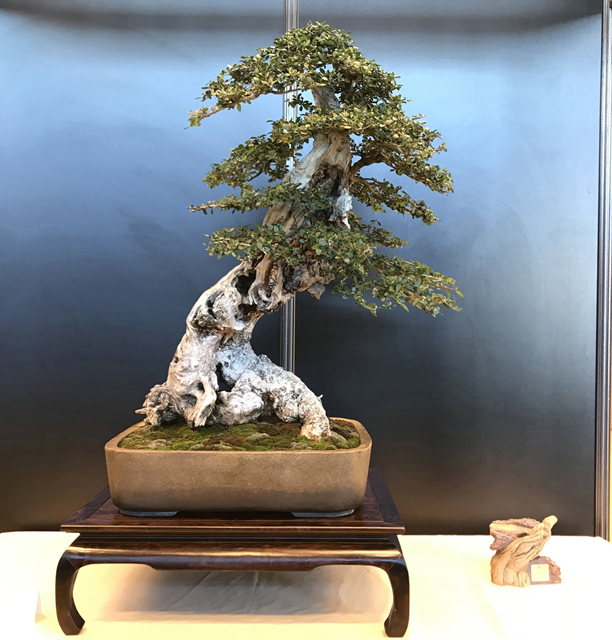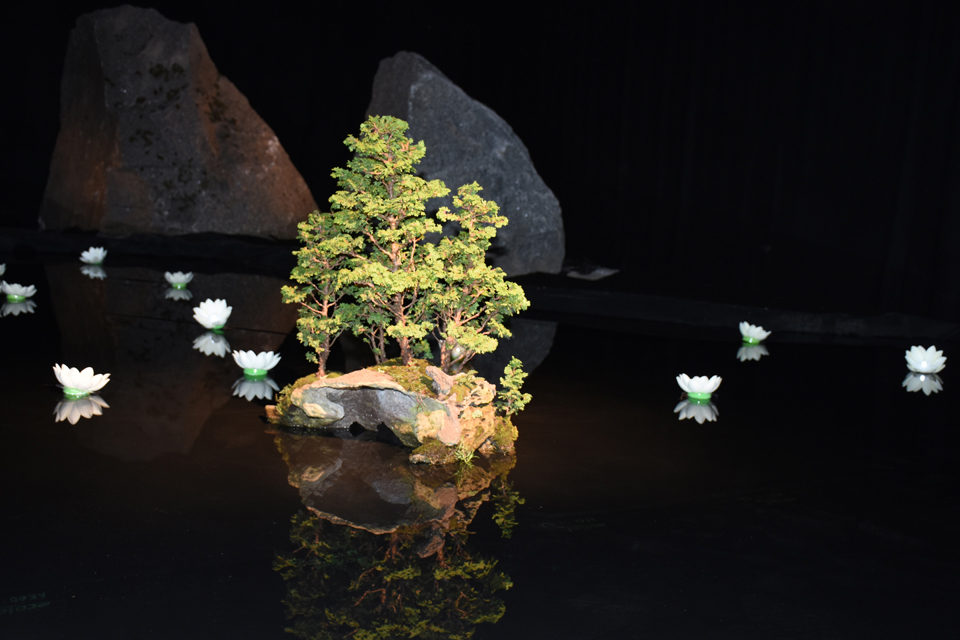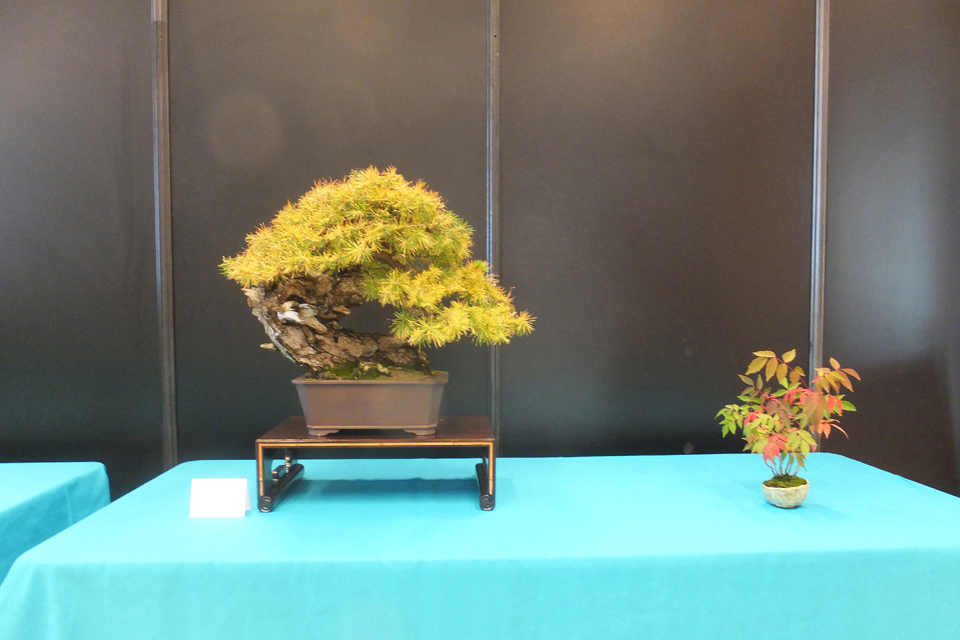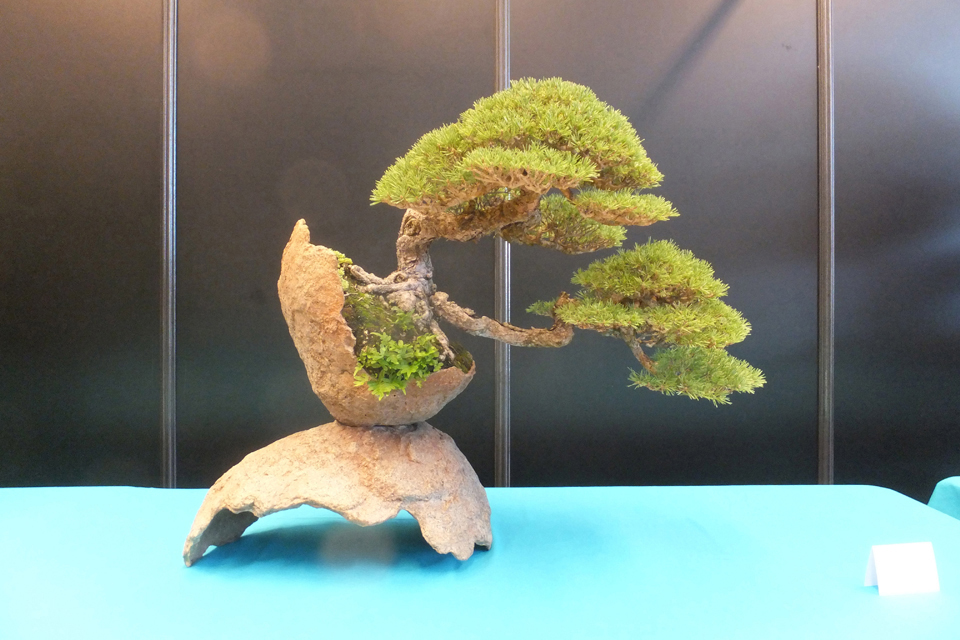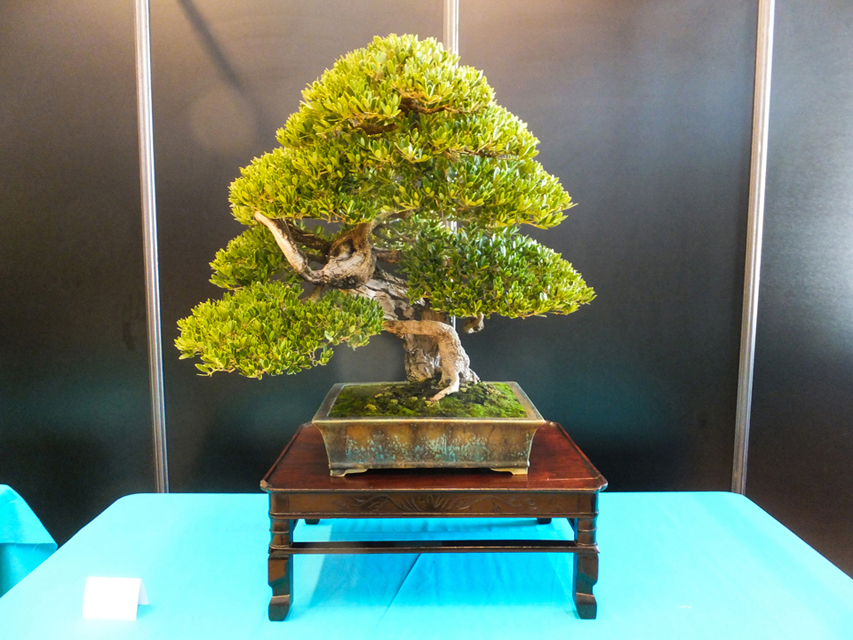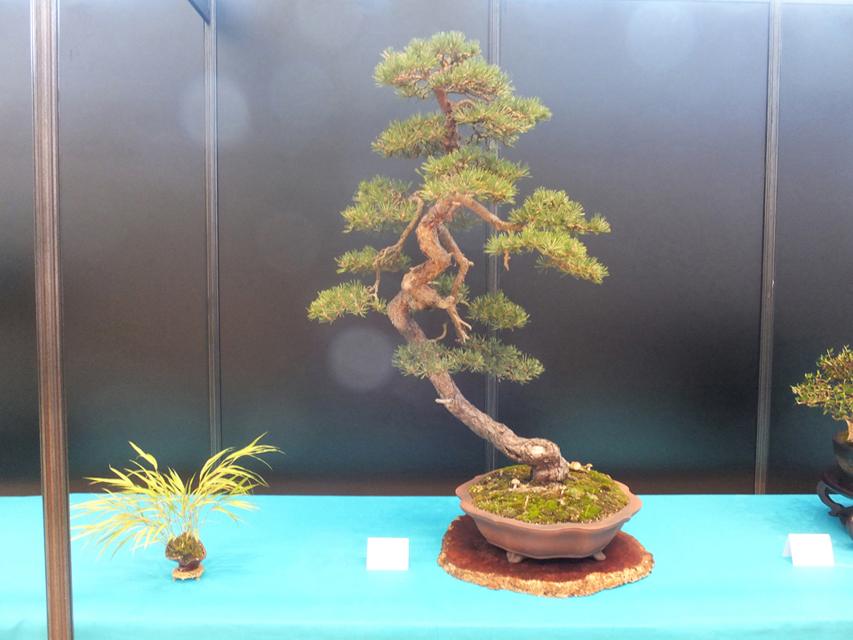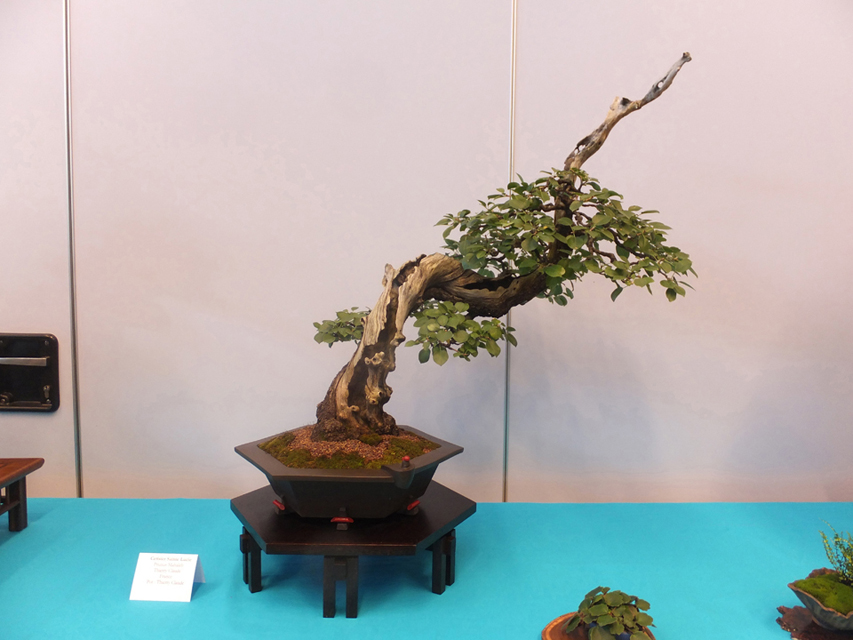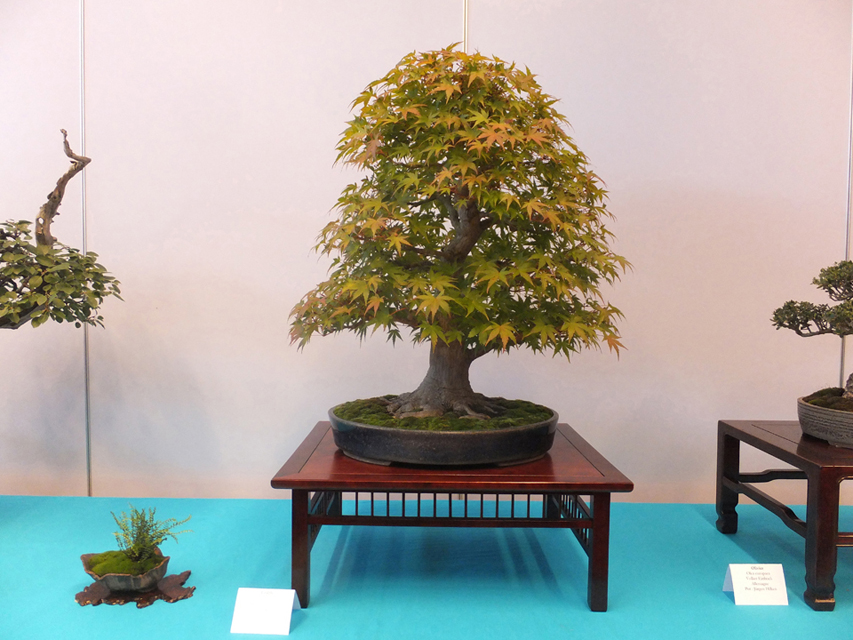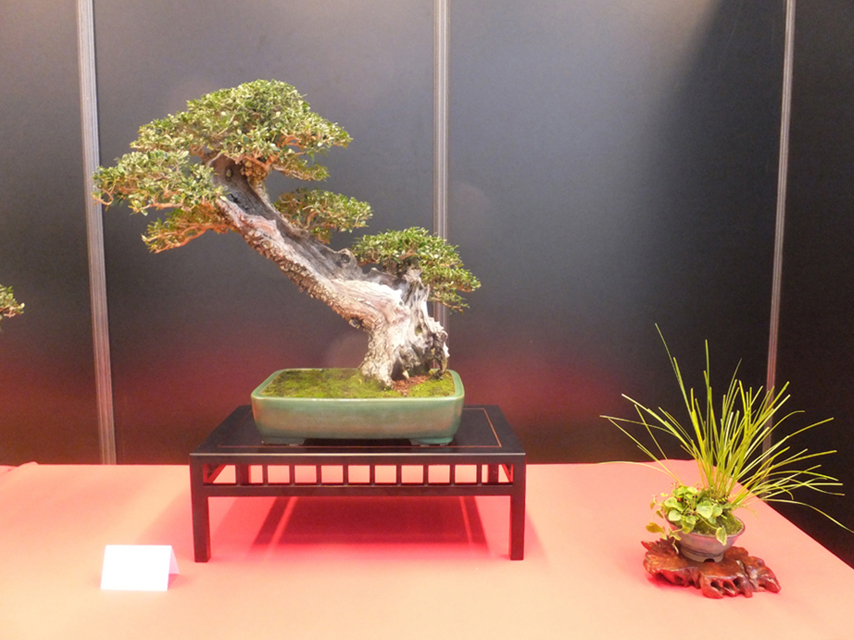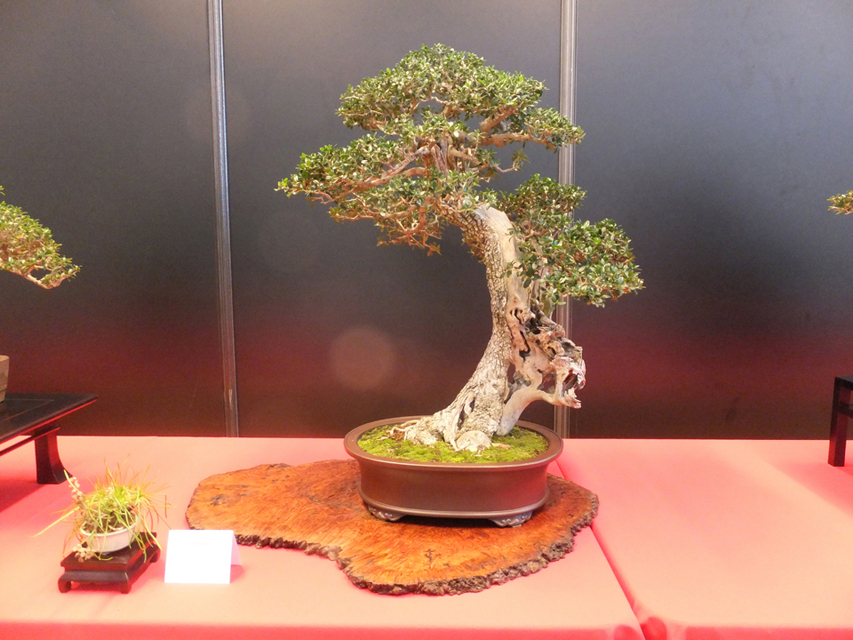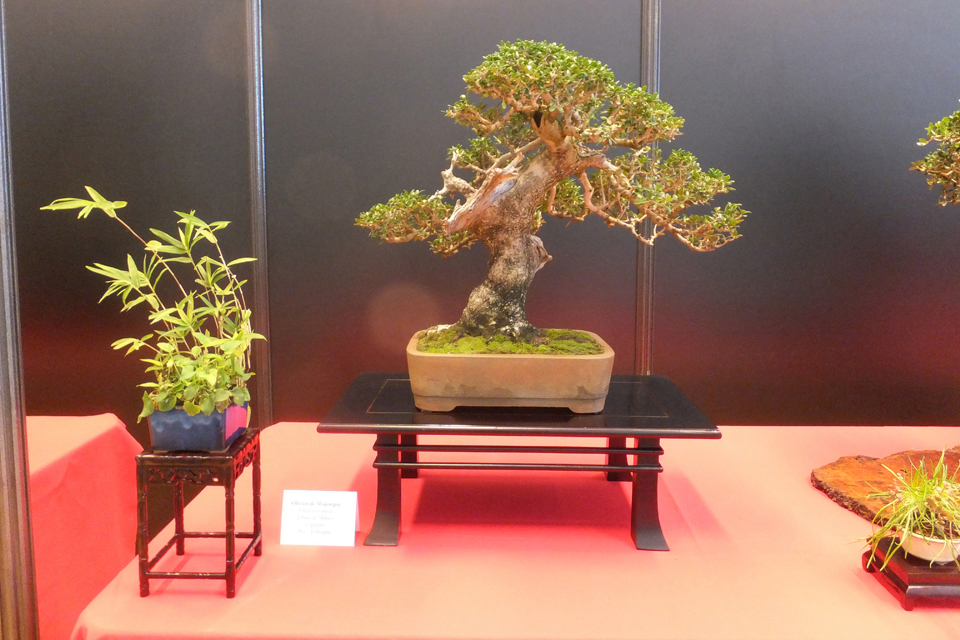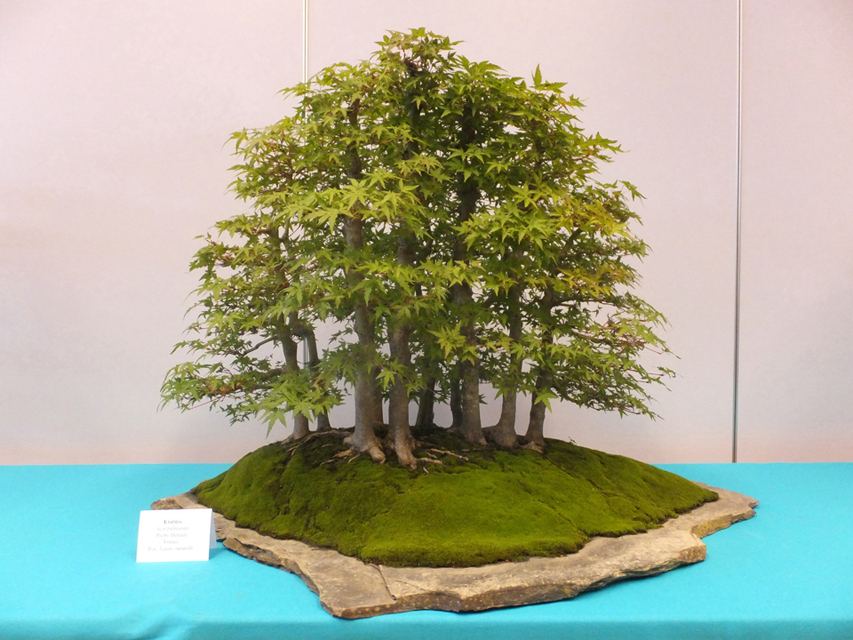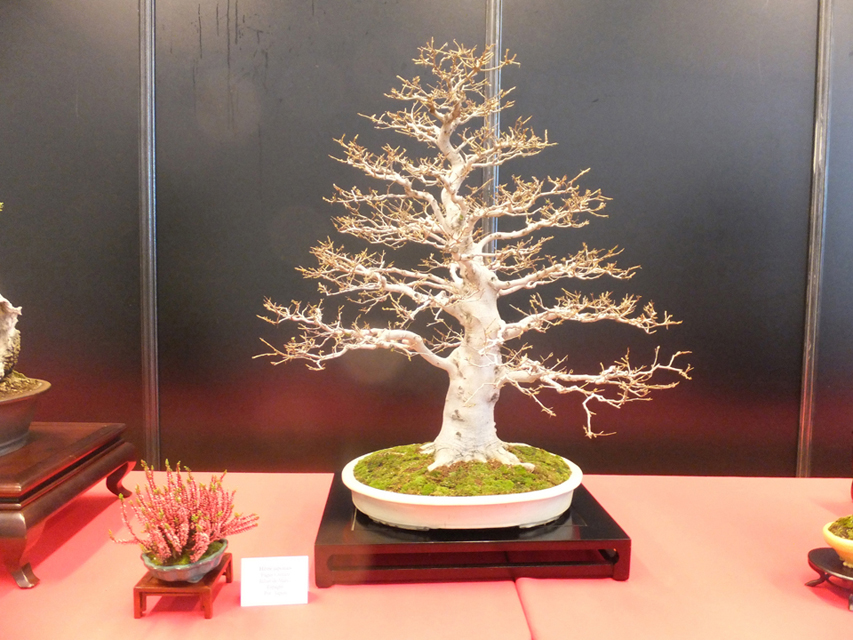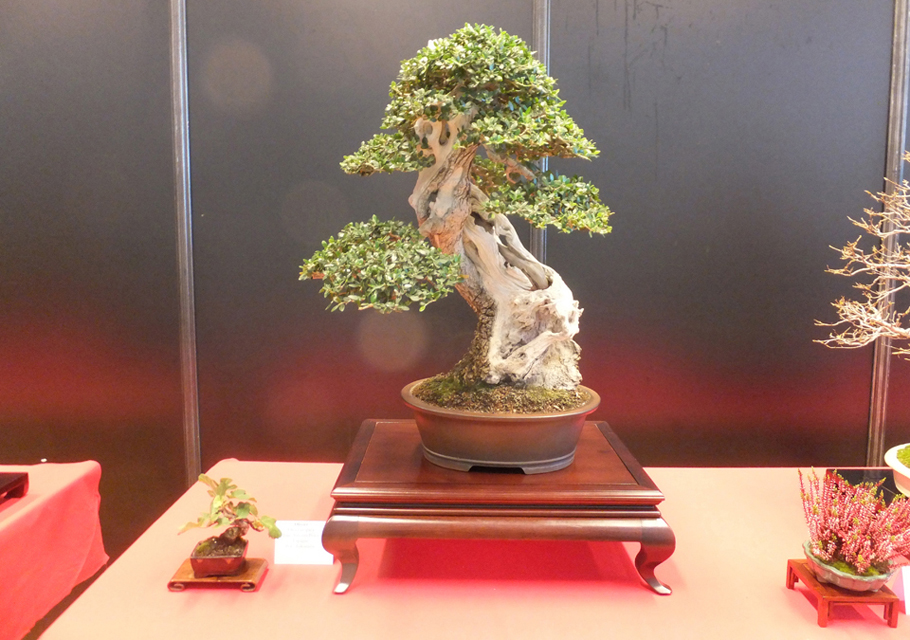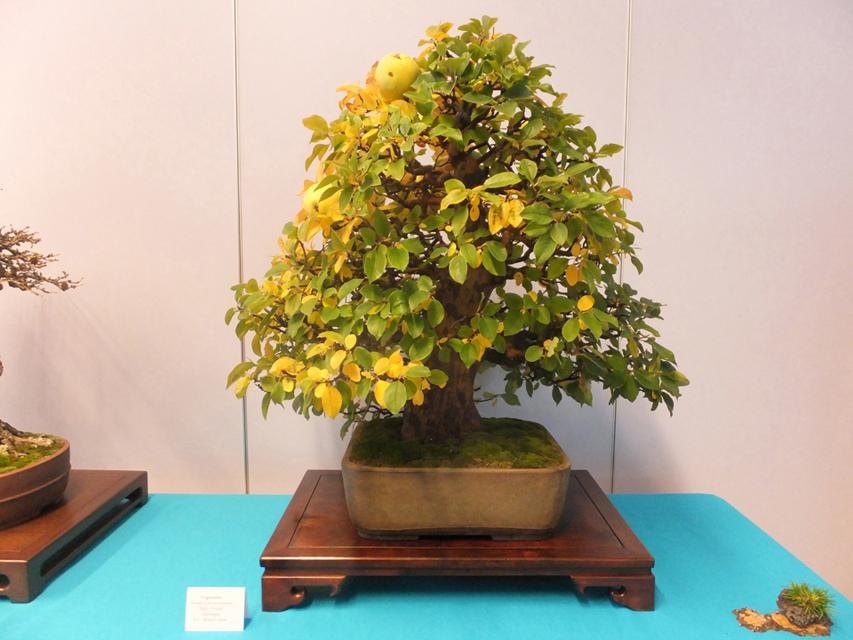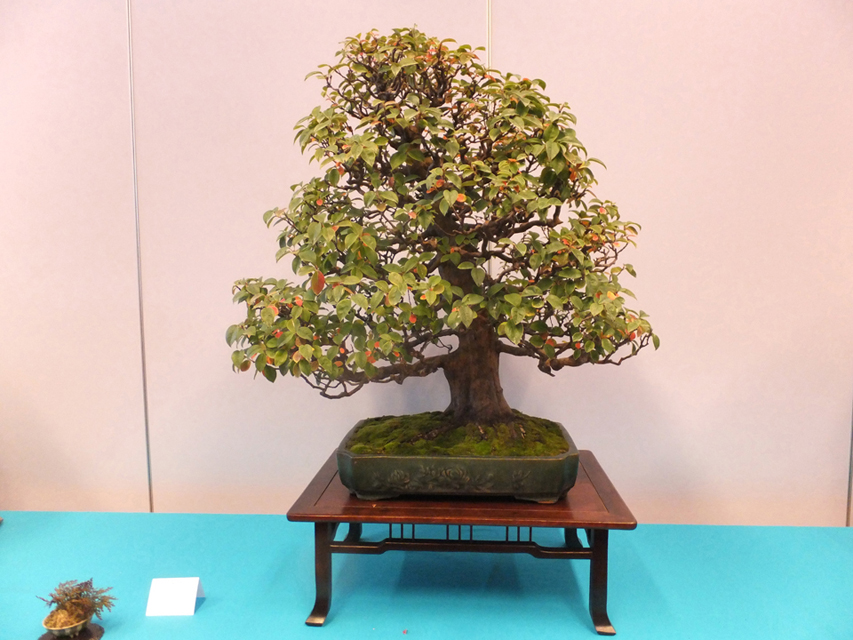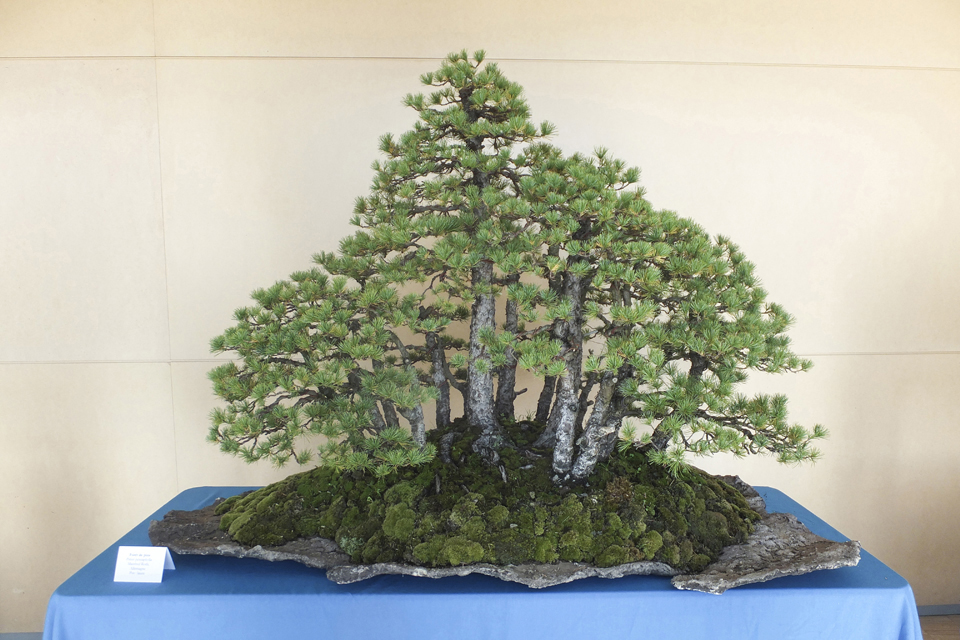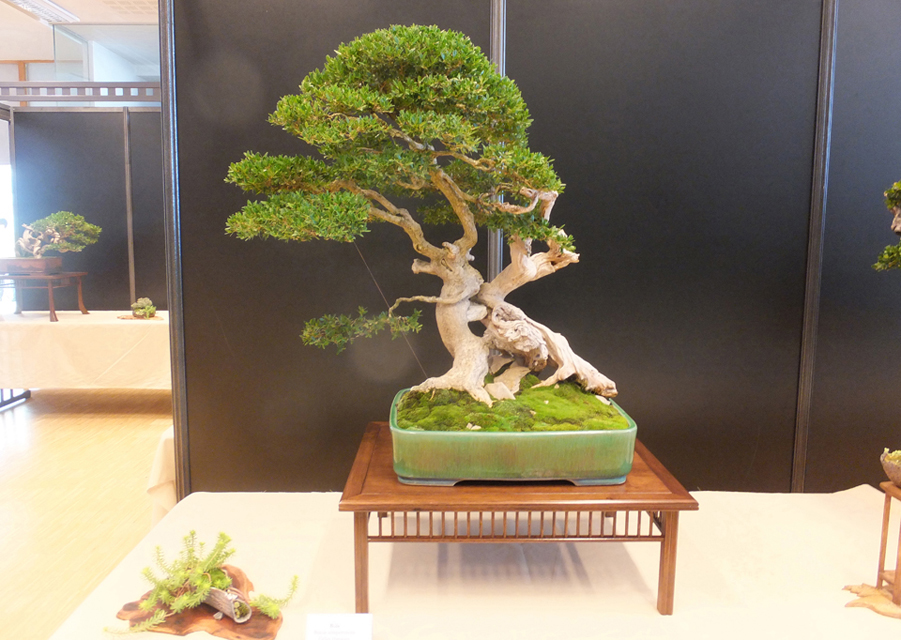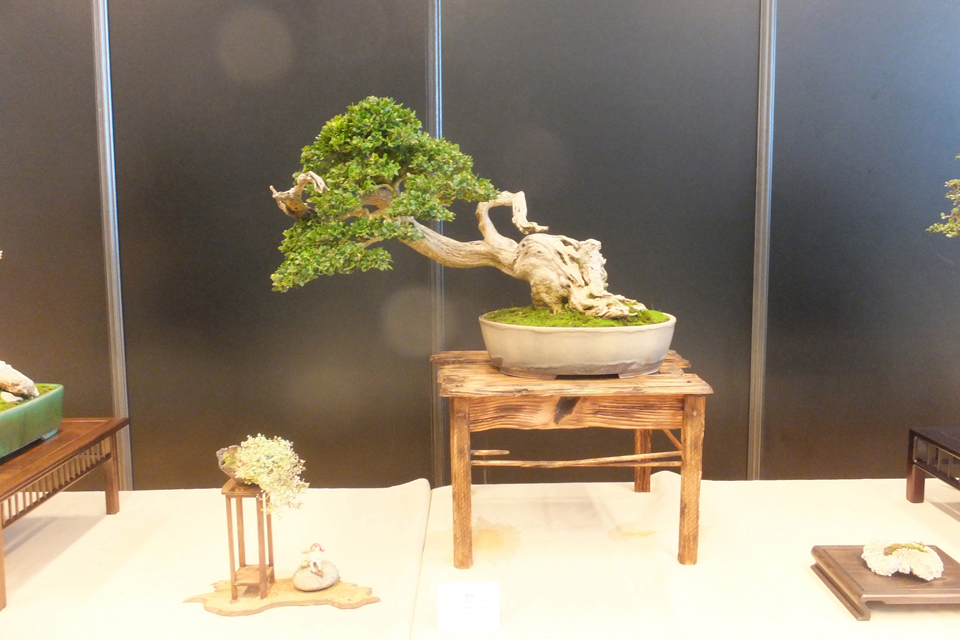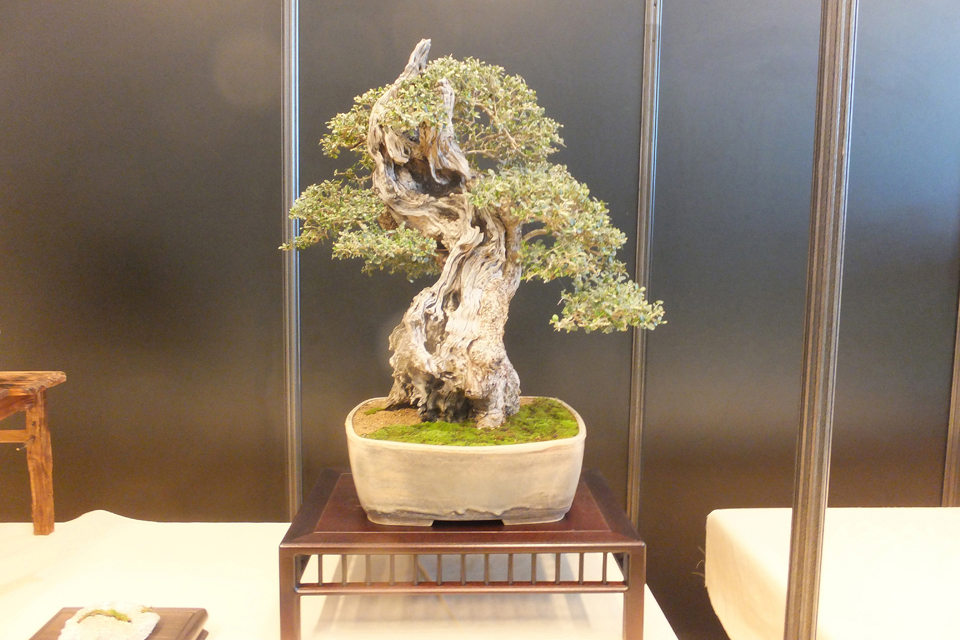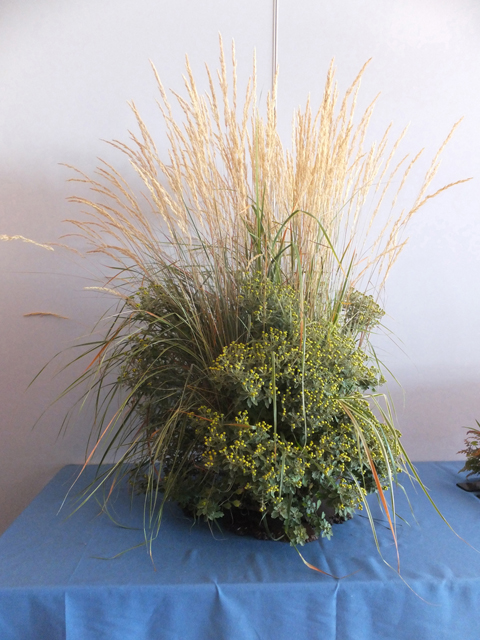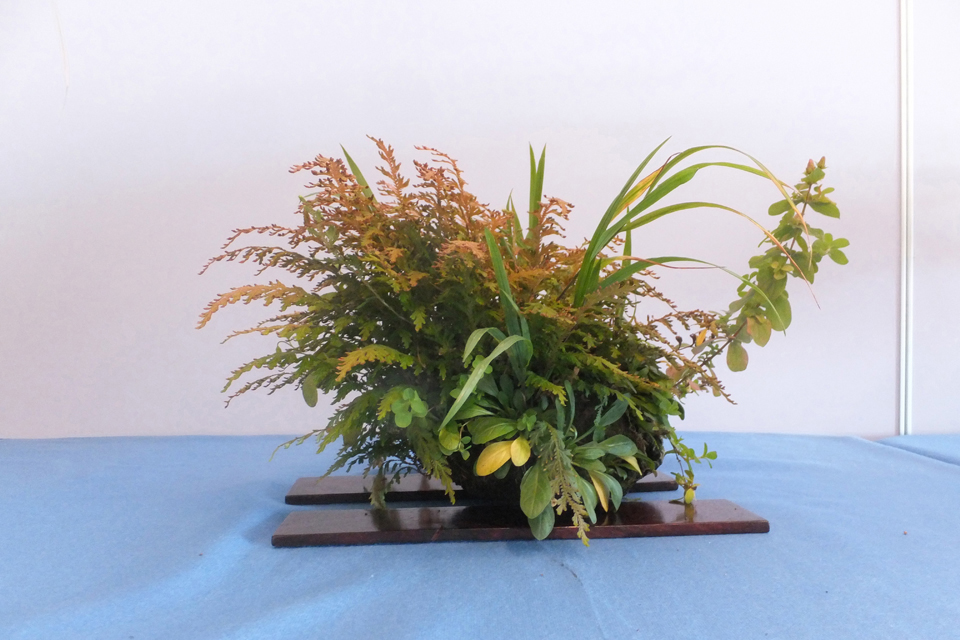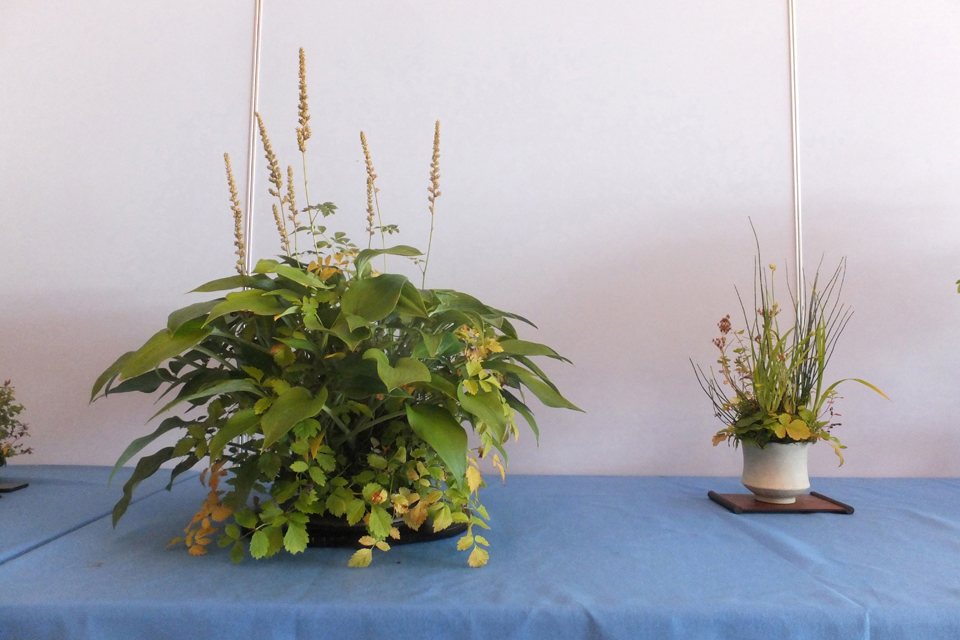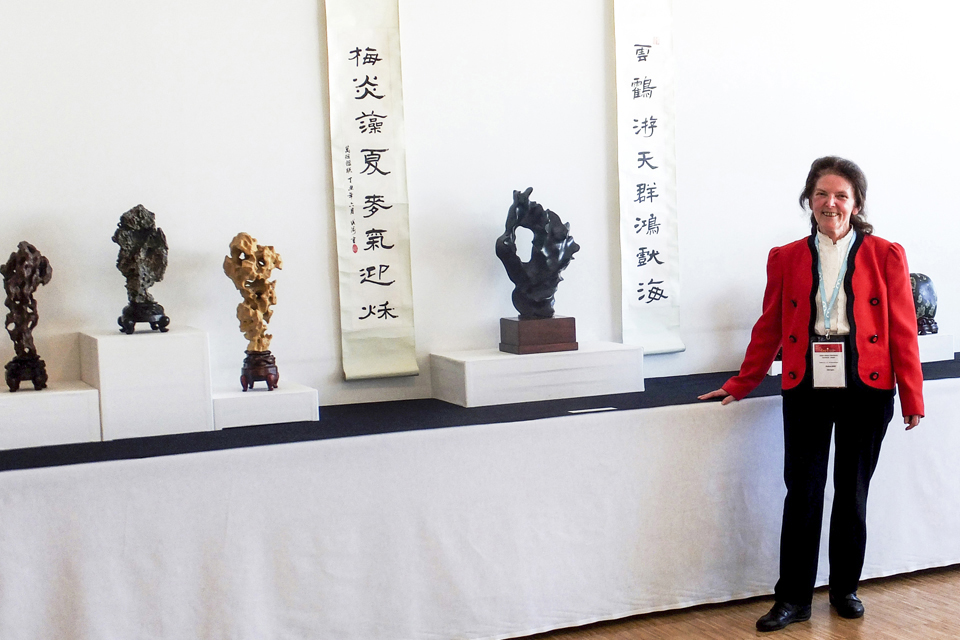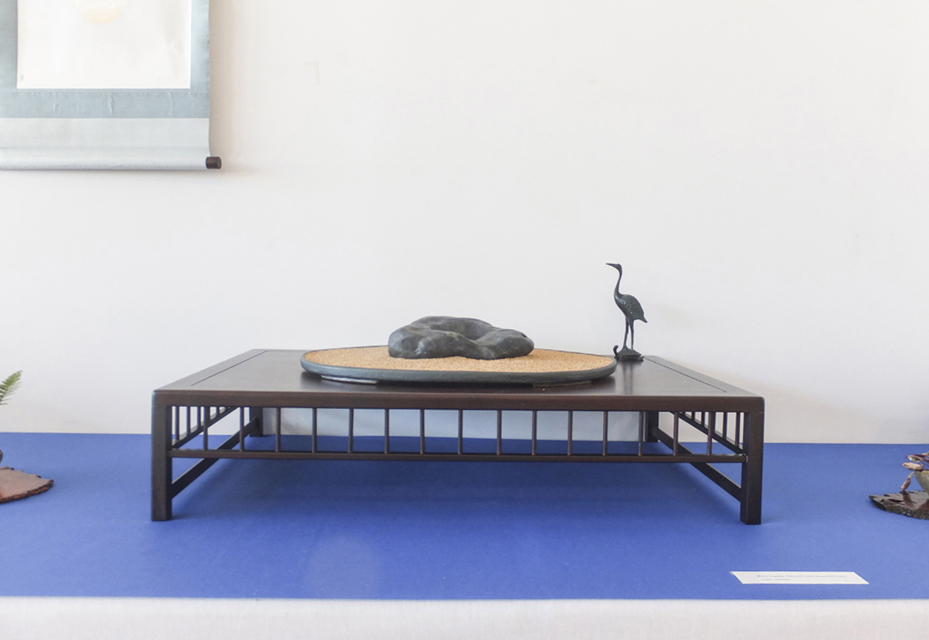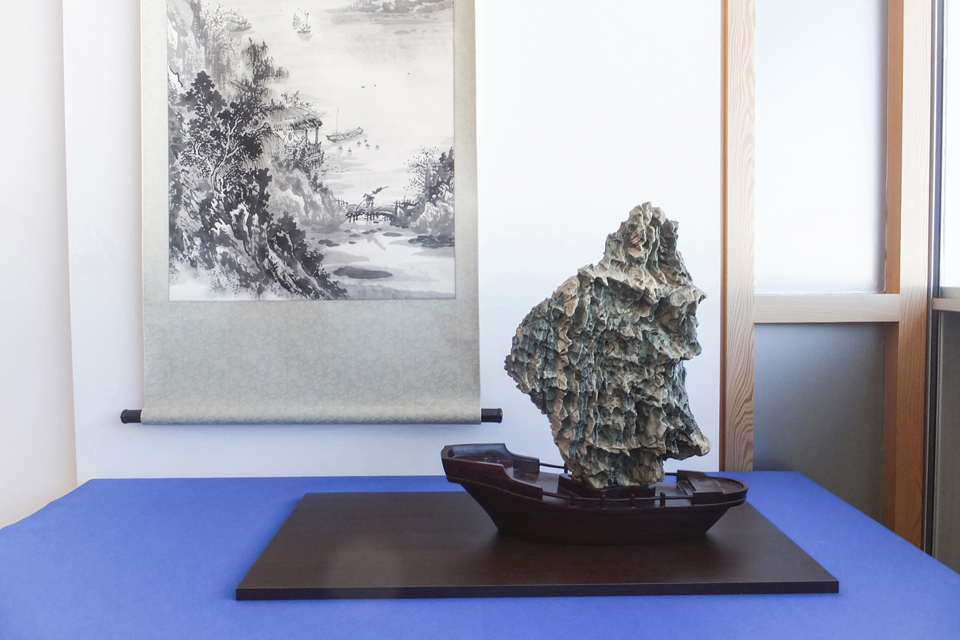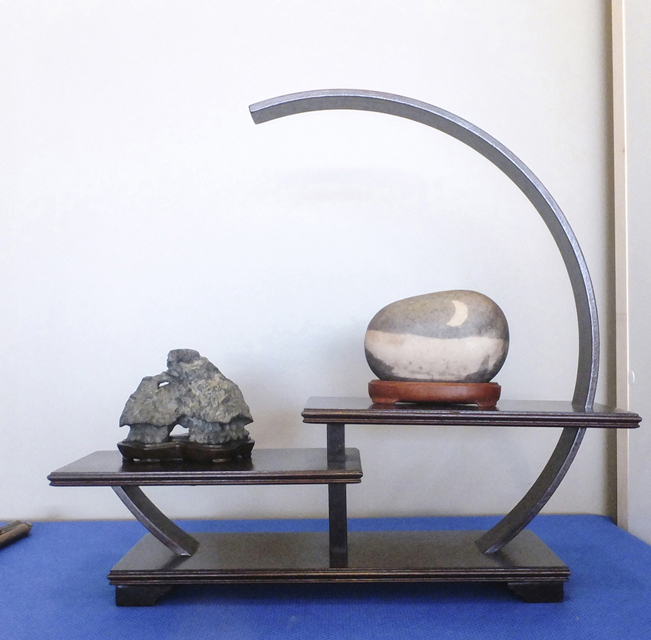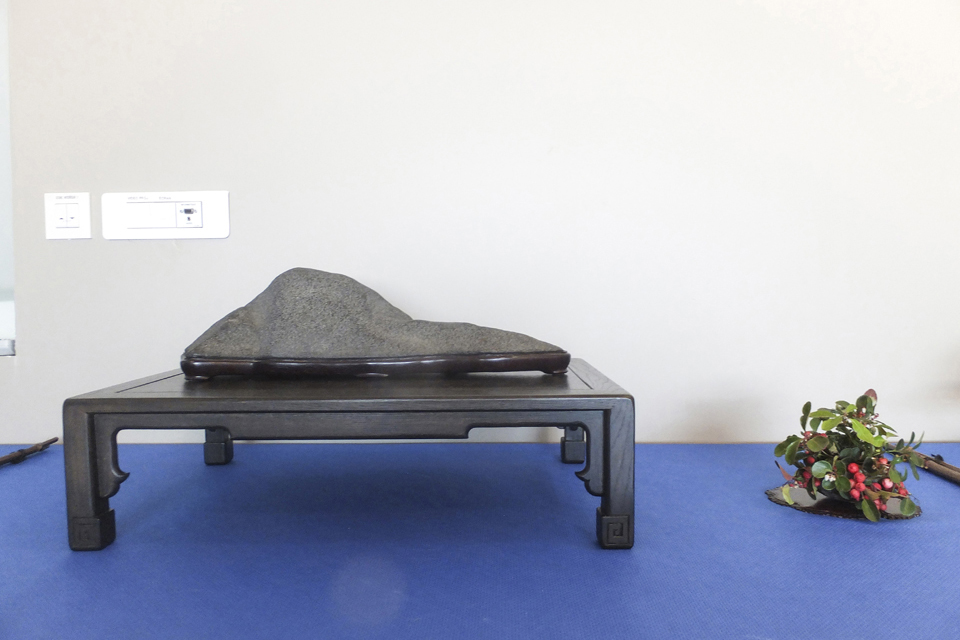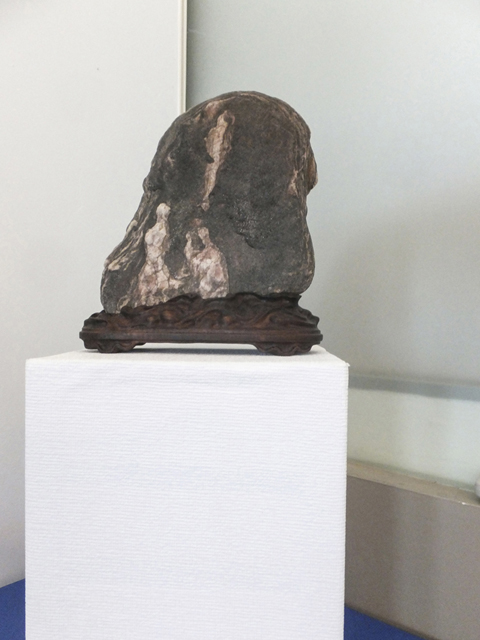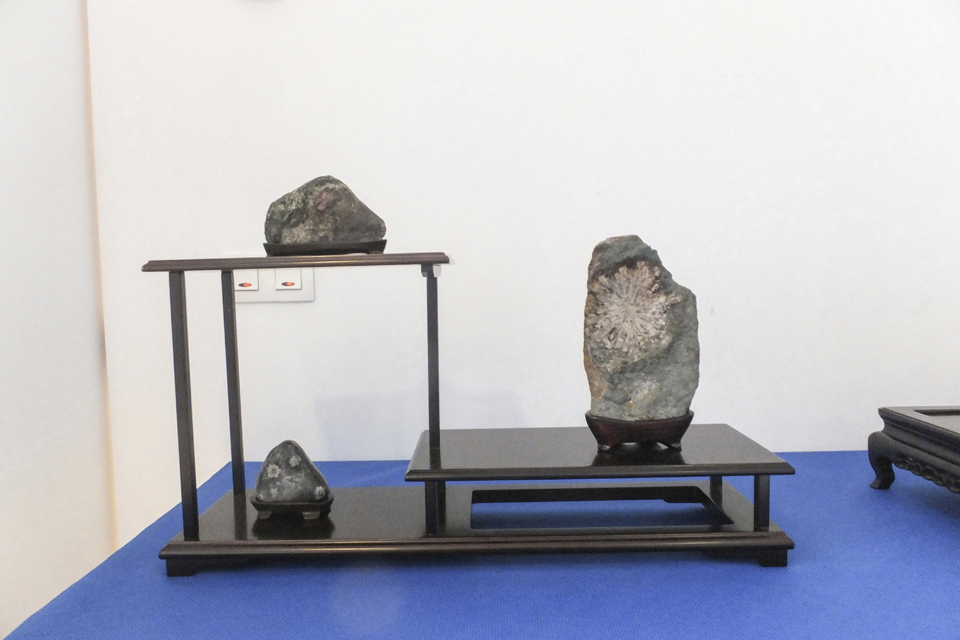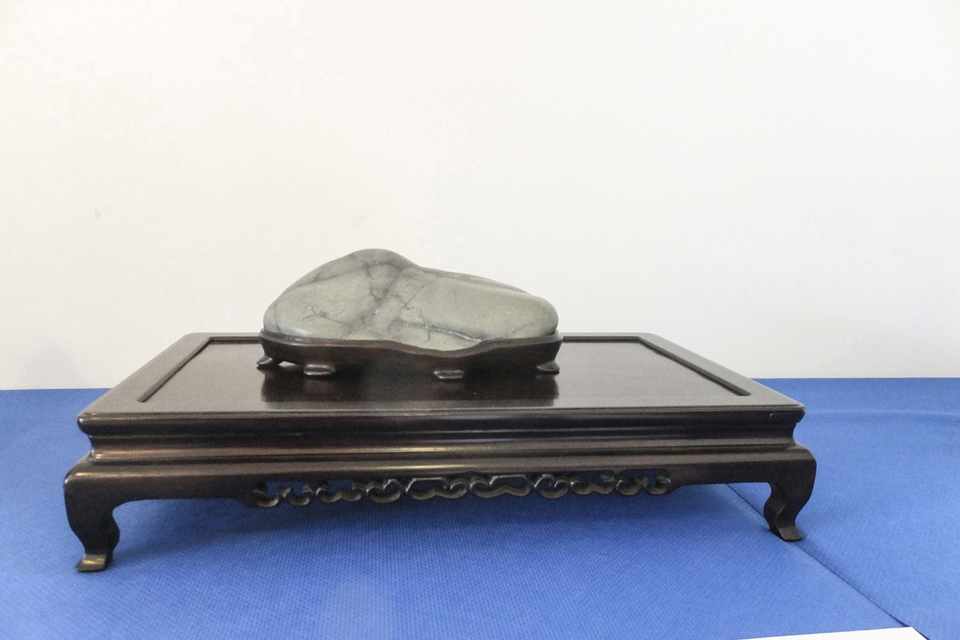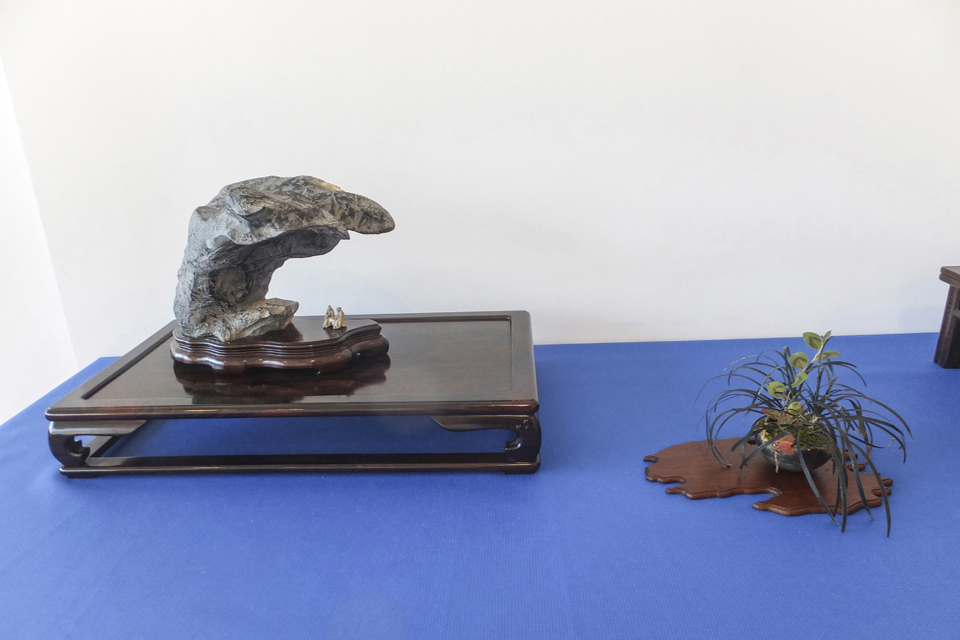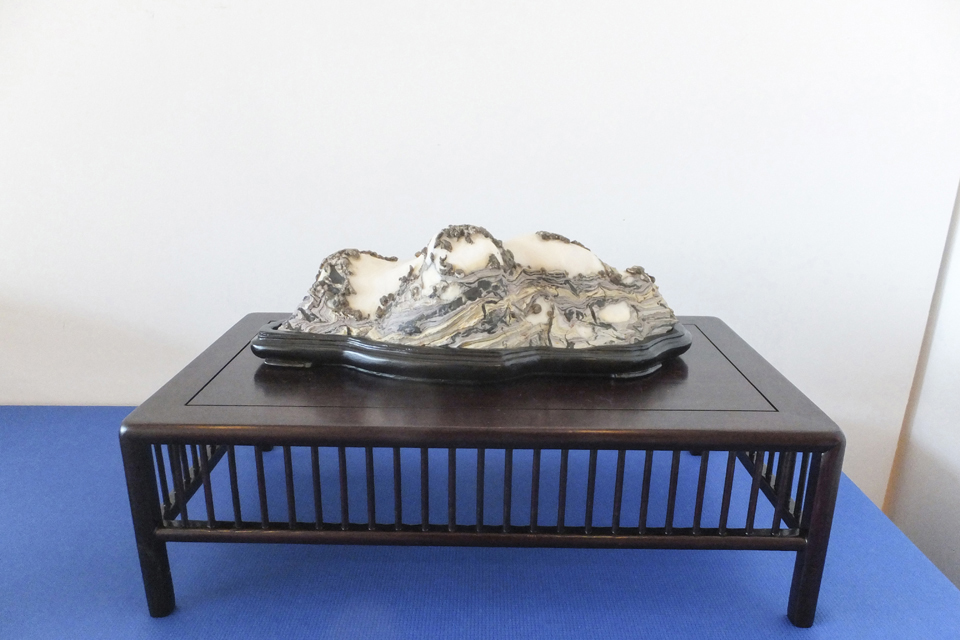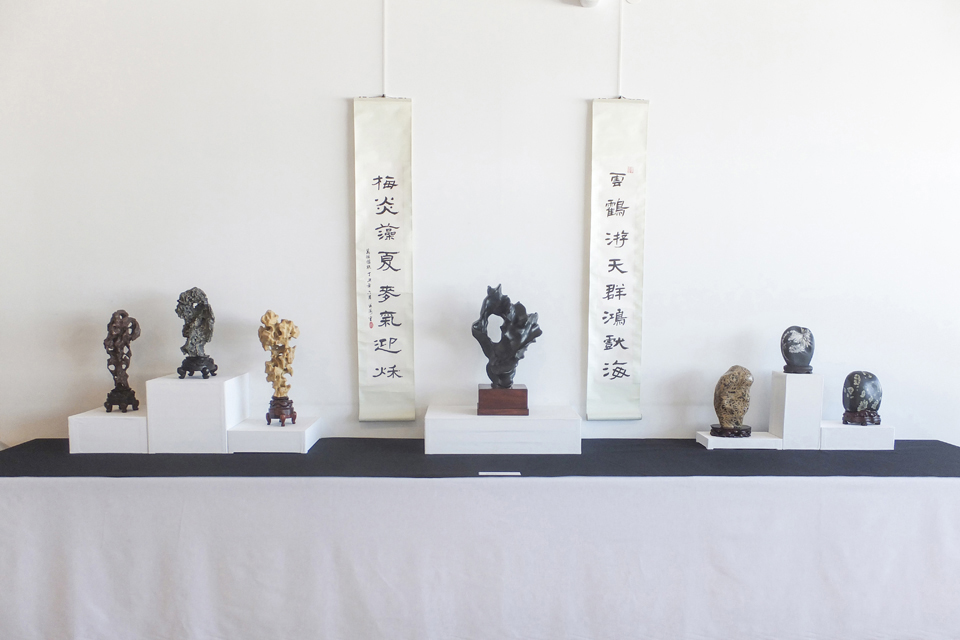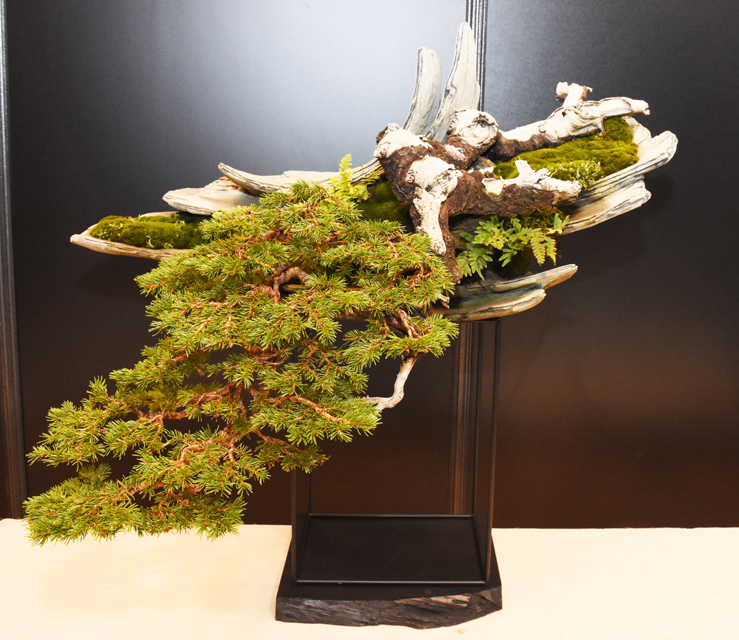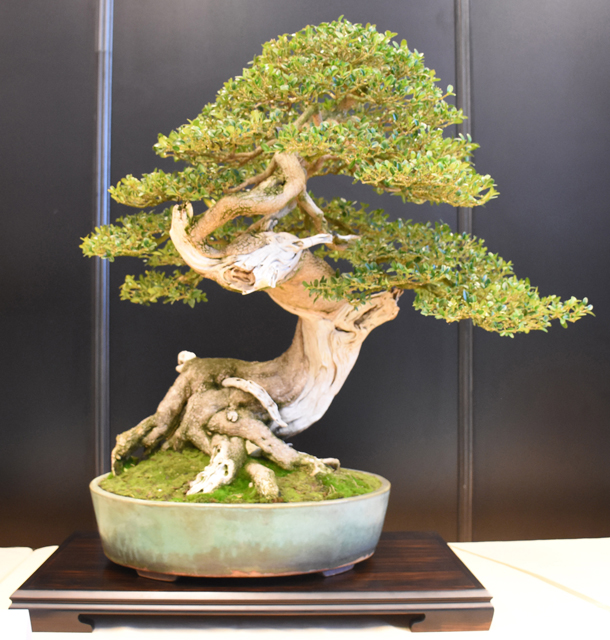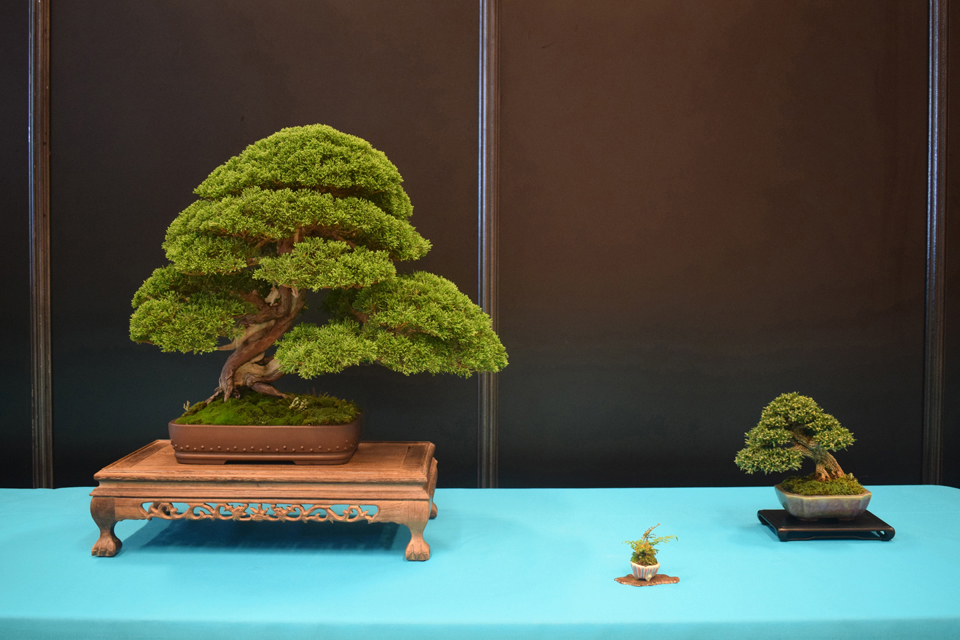Bonsai extraordinaire!
BCI 2018 International Convention in Mulhouse, France
Photos by Kath and Malcolm Hughes, Les Dowdell, Gudrun Benz, Sujata Bhat, Catherine Kohler, and François Jeker.
Bonsai Clubs International 2018; Mulhouse City hosted this event together with the French Bonsai Federation Convention, and the French Suiseki Federation Convention together with a multitude of other exhibitions. Bonsai Euro TOP 30 was an extraordinary display: More than 270 bonsai and 100 suiseki; 21 international demonstrators; and a vast market with 50 traders.
The large trade venues offered a comprehensive selection of bonsai and bonsai-related items.
Part of this exhibition, Bonsai Euro Top 30 featured the 30 most beautiful European bonsai presented in a dynamic exhibit that features computer-controlled lighting effects that emulate the path of the sun from dawn to dusk.
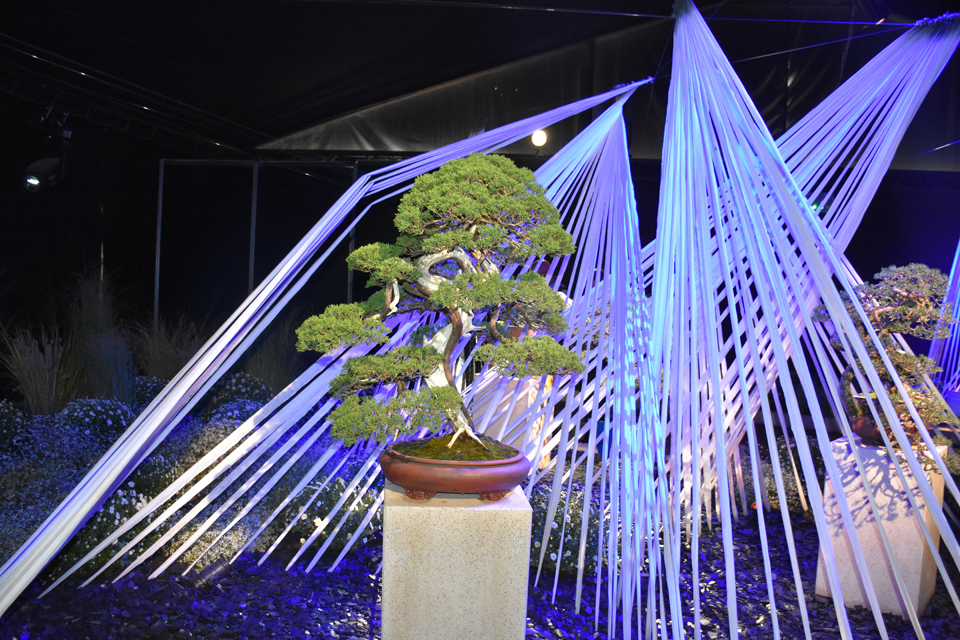
Mulhouse City is located in the middle of a tourist region, surrounded by old villages, themselves surrounded by vineyards. Mulhouse is famous for its museums, especially the Cite de l’automobile (also known as “Musée National de l’Automobile”), the Musée Français du Chemin de Fer (also known as “Cité du train”), the largest automobile and railway museums in the world.
François Jeker, one of Europe’s leading bonsai masters, was the inspiration for this event and he had, together with the French Bonsai Association, been preparing for it for over three years. He and his team had selected trees from private collections all over Europe. The largest number coming from Belgium and Spain, with a number coming from the schools of Jean-Paul Polmans Belgium, Luis Vallejo Spain, as well as, the olive trees of the specialist school of Julian Marco. Most were Yamadori, or collected trees, worked on for many patient years, very few were trees imported from Japan.
(above) Grand prize, City of Mulhouse, for the most beautiful bonsai of Europe, awarded by Mitsuo Matsuda, Japan, to Juan Antonio Pérez, Spain, for his Olea europea. Photo by Michèle Corbihan.
Mass demonstrations, with bonsai artists from France and around the world, working on trees of considerable size and complexity. The creation of a large Ishitsuki with Scots pines by Mitsuo Matsuda, John Wang and Budi Sulistyo, and with further demonstrations throughout the weekend from Jean-François Busquet and Enzo Ferrari, as well as Dirk Dabringhausen, Julian de Marco, Jean-Paul Polmans and of course not to forget, François Jeker himself.
Demonstrations on every day of the convention attracted many spectators.
Here are some of the highlights.
Bonsai artists from France and around the world, demonstrated their talents on trees of considerable size and complexity.
Design by Committee; the creation of a large Ishitsuki with Scots pines by Mitsuo Matsuda, John Wang and Budi Sulistyo, with help from others.
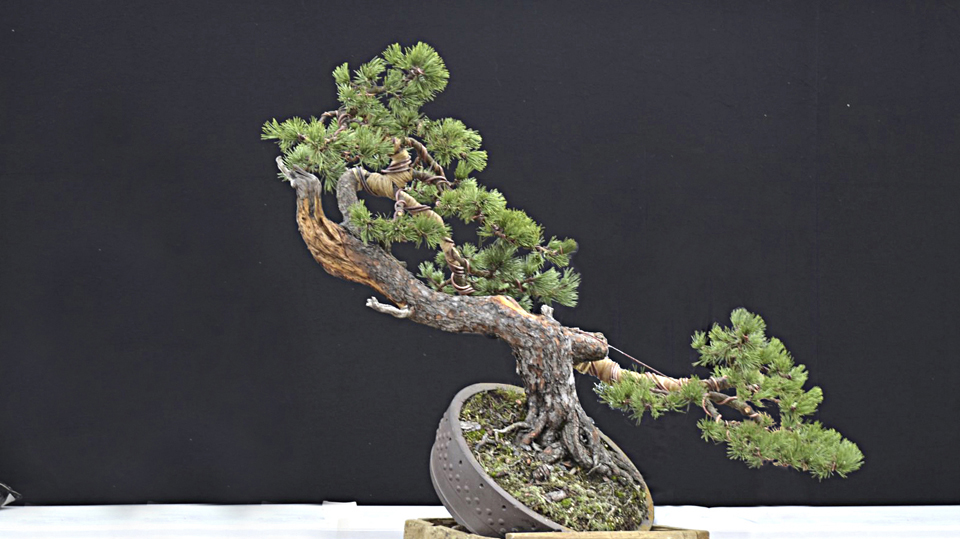
(above) Francisco Ferreira and Alain Arnaud, France
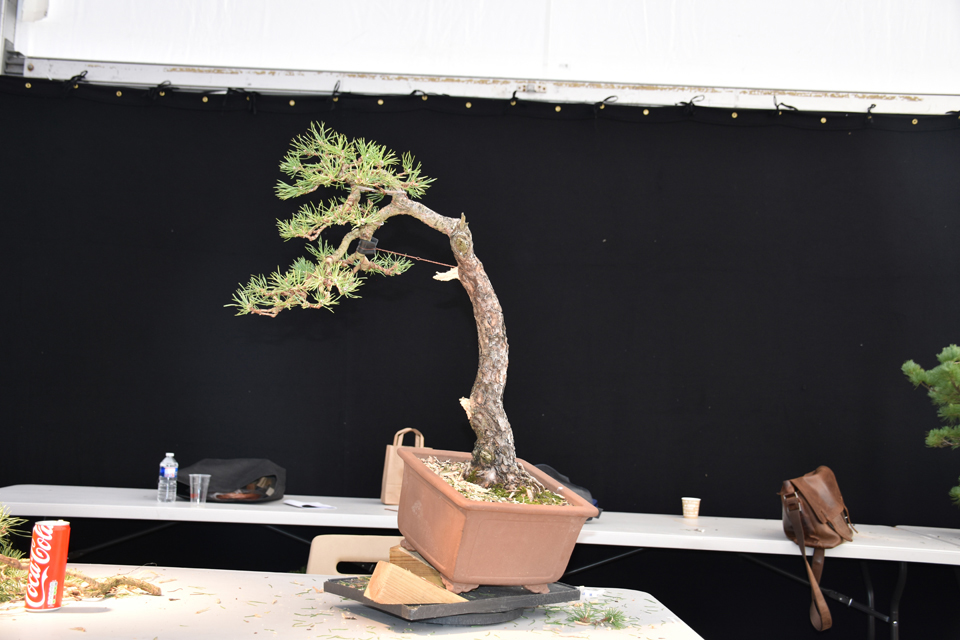
(above) Jean Croisier and Michel Augeix, France
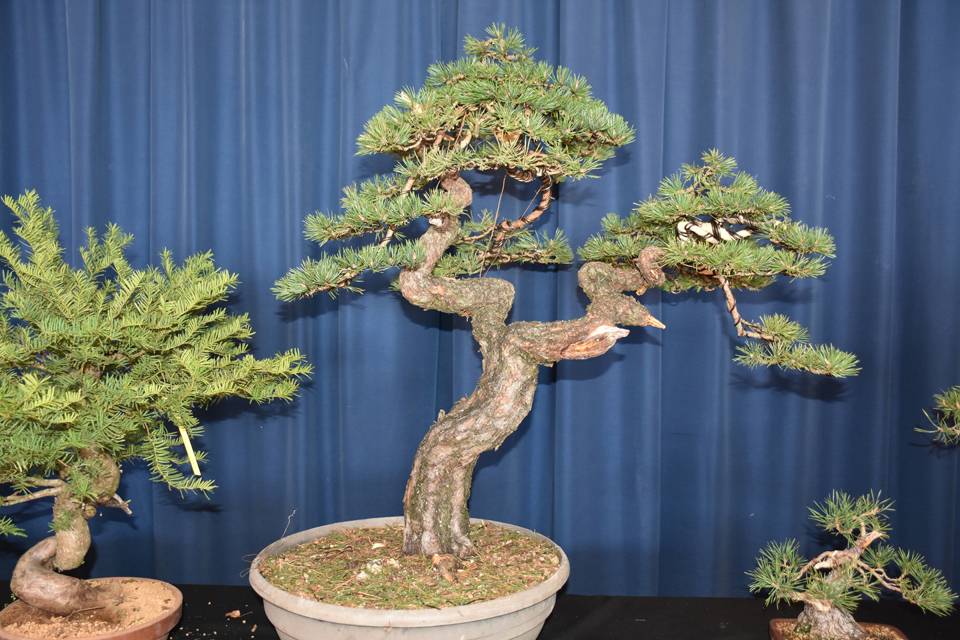
(above) Jean-François Busquet, France
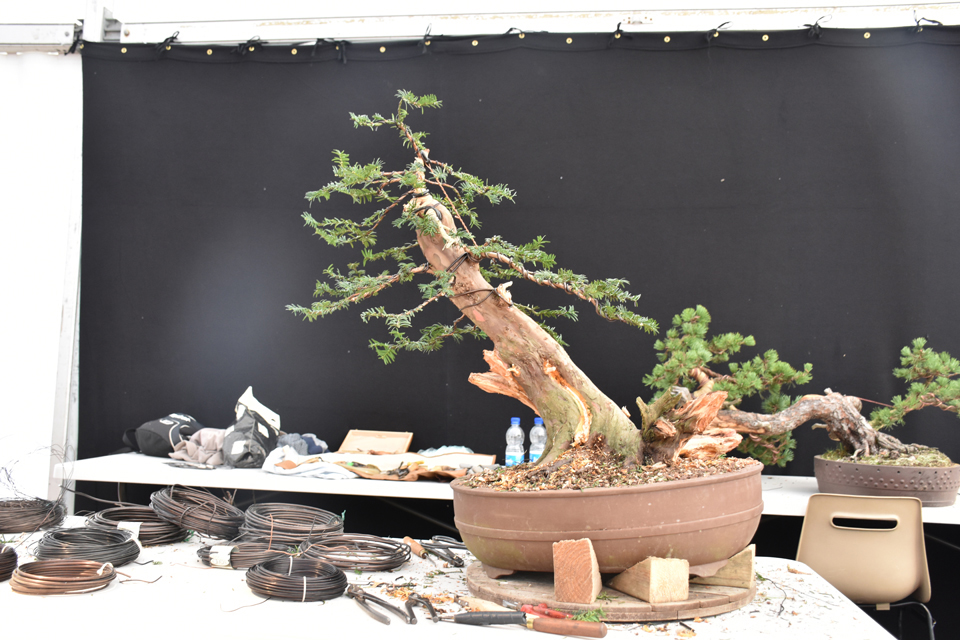
(above) Jean-Marc Ladagnous and Bruno Simon, France
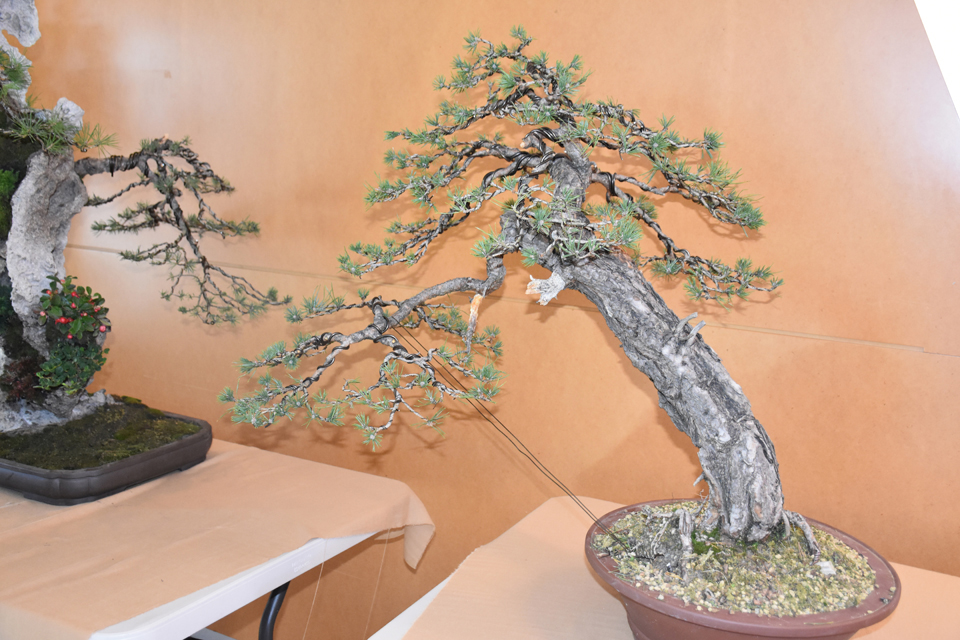
(above) Jean-Paul Polmans (far right, front) and his team. (top photo by Vogel)
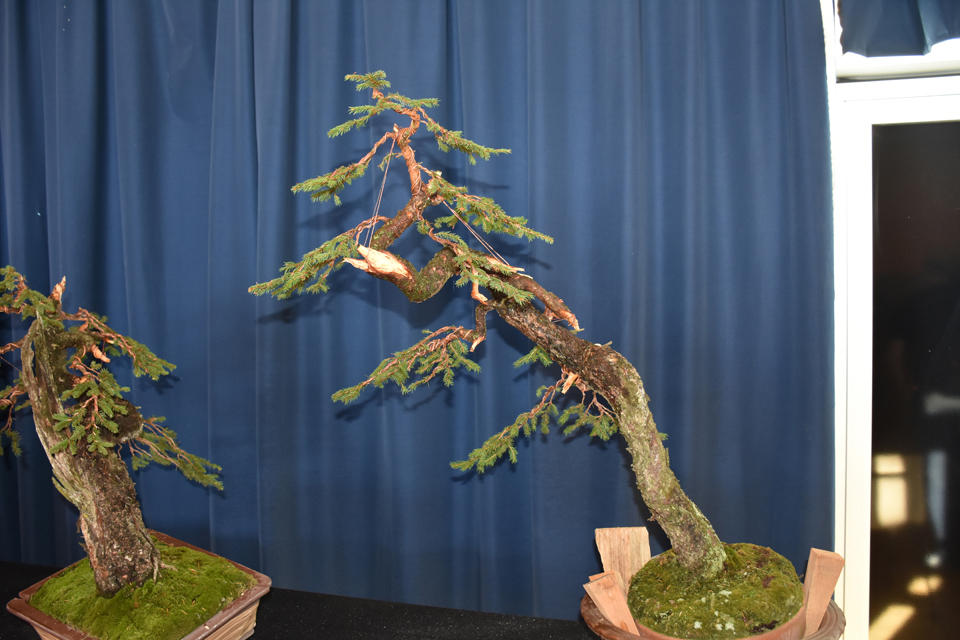
(above) Othmar Auer, Italy (far right)
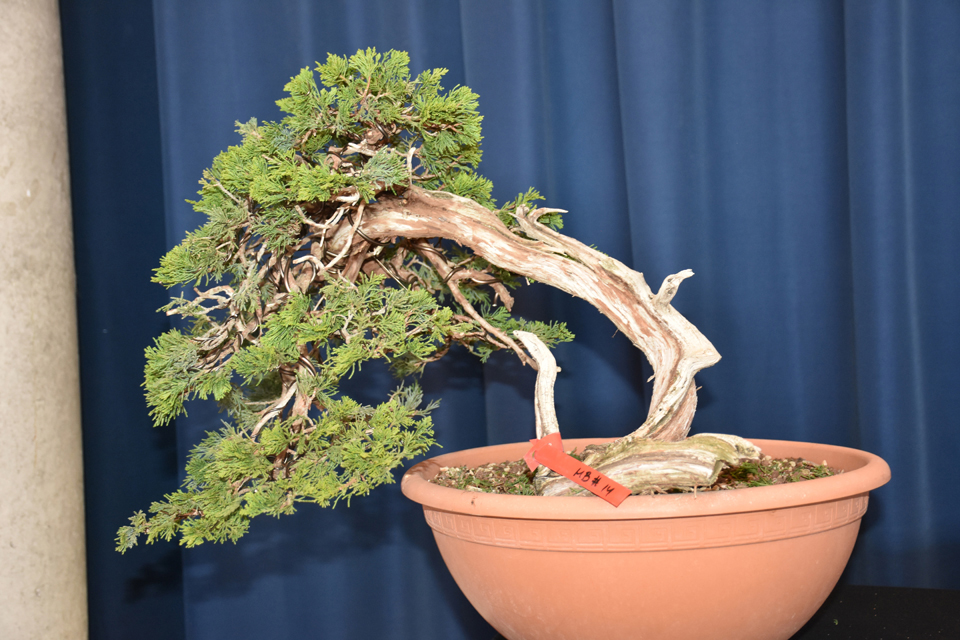
(above) Mitsuo Matsuda, Japan
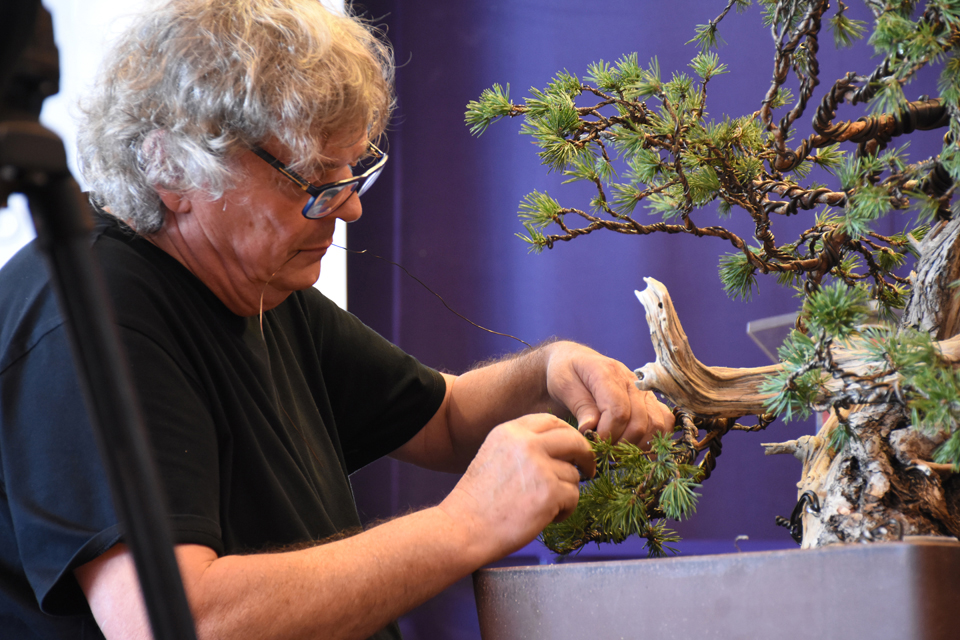
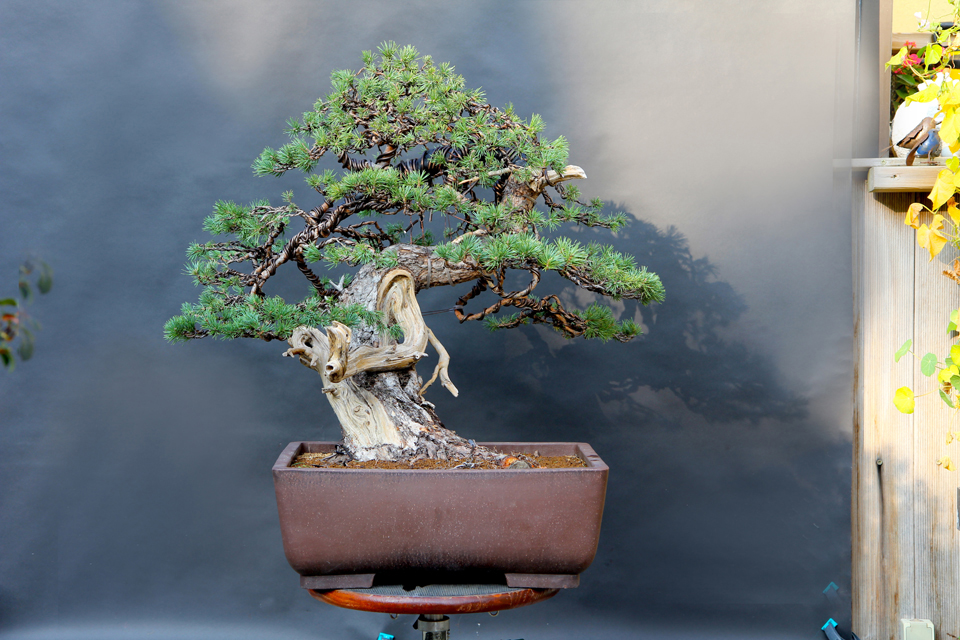
(above) François Jeker, France
“I prepared this tree by working the deadwood a year in advance to give nature time to age my work. On deadwood, nature creates little by little a precious patina: it dries the wood, cracks it, reveals new cracks and gives the wood natural colors, delicate shades of gray from light gray to dark. That’s why I’m not in favor of the liquid jin. It has an artificial appearance, as if the wood was covered with white paint. While nature does such beautiful things. I fully wired the tree a few days before to avoid boring the audience with the tedious application of wire.” - François Jeker
(above) Enzo Ferrari, Switzerland
“This Mugo pine is actually an air layered branch of a millennial plant. In 2003 I started the air layering and on 7 August 2012 I recovered it and cultivated it again for 6 years, until 2018. With the help of two colleagues, Didier Weiss, and Frederic Celauro, we managed to complete the tree in 5 hours. This mugo could be well over 300 years old.” - Enzo Ferrari
The Saturday night Gala dinner at the Auto Museum was a night to remember, a fantastic collection of old automobiles, great food, wine, and entertainment. At the end of the evening BCI President, Glenis Bebb presented the 2018 BCI Meritorious Award to Gudrun Benz, and the BCI 2018 Writers and Photographers Award was won by Bradley Barlow.
(above) Certificates of Appreciation for Service on the BCI Board were presented to retiring Directors Nikunj Parekh and Gudrun Benz by BCI President Glenis Bebb.
(above) Guests at the gala dinner surrounded by classic automobiles at the “Musée National de l’automobile.”
Three BCI Excellence Awards for bonsai were presented to Enzo Ferrari from Switzerland for his cascade Pinus mugo, Paul Putseys from Belgium for his Juniperus sabina and Tony Tickle from England for his cascade Pinus sylvestris.
The BCI Suiseki award was presented to François Buttin for his stone from the French Alps.
François Jeker was awarded a certificate of appreciation for the work he had done towards this great event.
(above) BCI President Glenis Bebb presents bonsai artist Tony Tickle the BCI Award of Excellence for his dramatic cascade Pinus sylvestris presented with a companion plant below and a soaring vulture above.
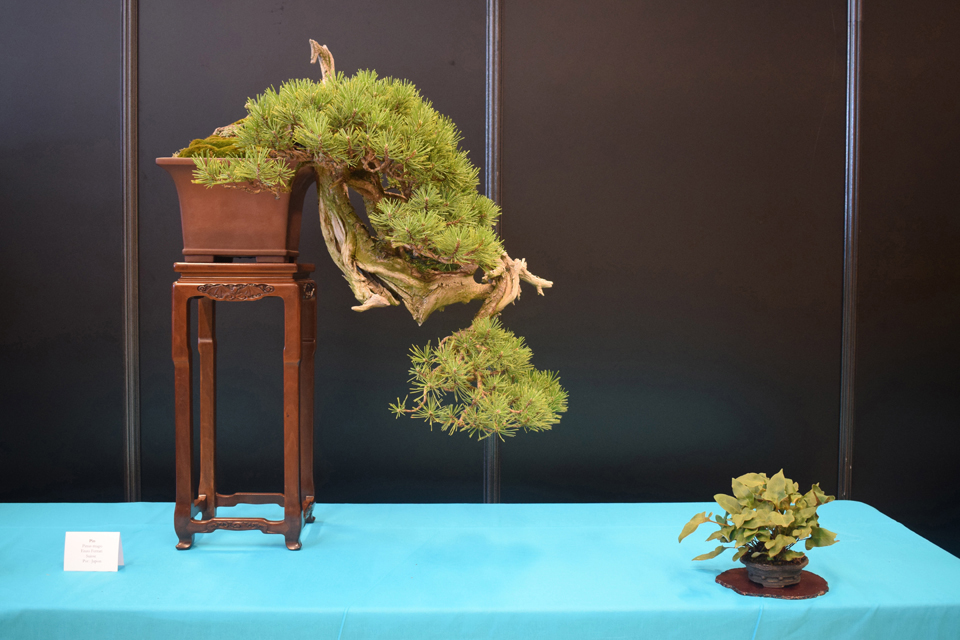
(above) Bonsai artist Enzo Ferrari from Switzerland receives the BCI Award of Excellence for his cascade yamadori Mugo pine.
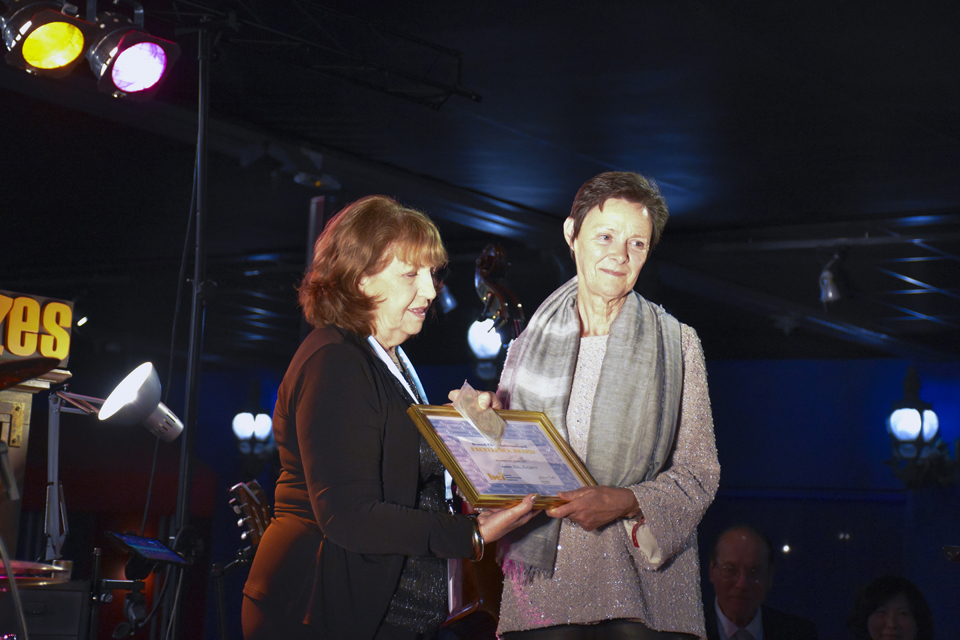
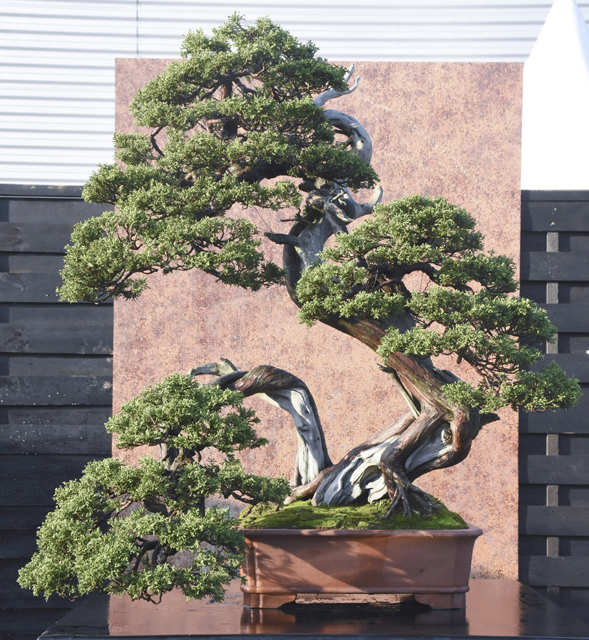
(above) Bonsai artist Paul Putseys from Belgium (far right) won the BCI Award of Excellence for his Sabina juniper. His friend, Lijdie Buedts received the award in his place.
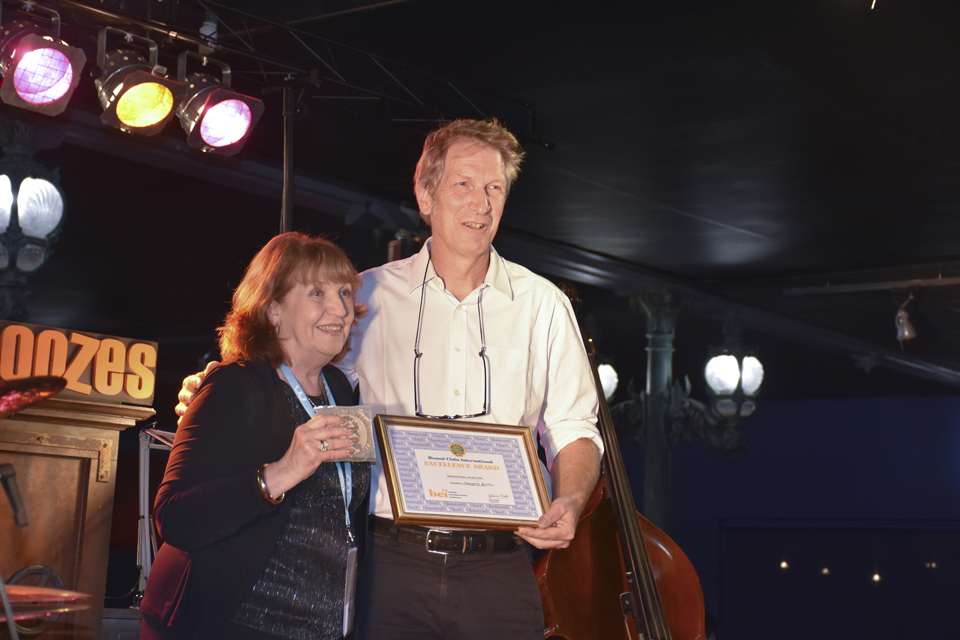
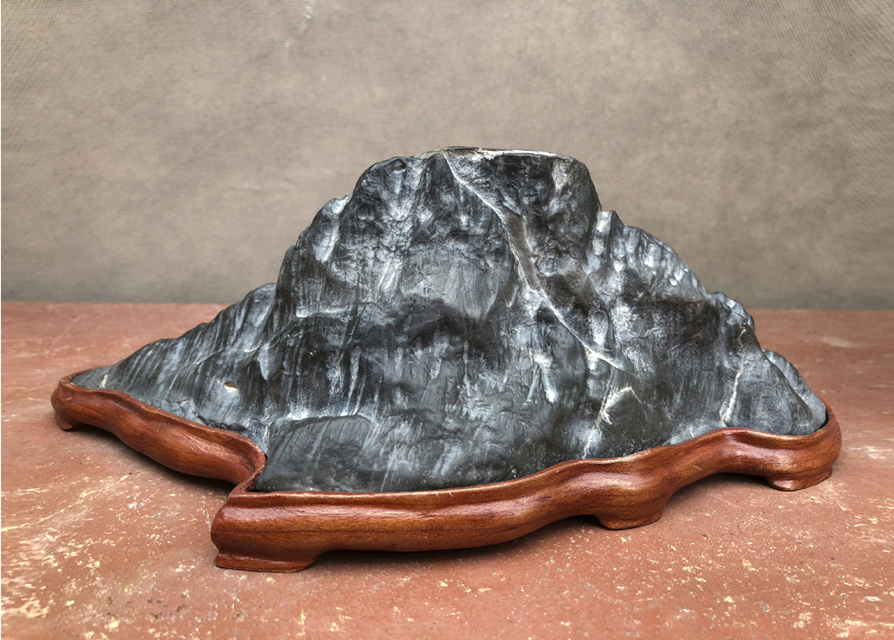
(above) François Buttin, president of Bonsaï Club de haute Provence receives the BCI Award of Excellence for his mountain stone from the Swiss Alps. Pierre Chantry accepted the award on his behalf.
About the exhibits in Mulhouse:
“In my selection of trees realized over 3 years of searching all the exhibitions and private collections in all of Europe, I tried to value the European creation and the work done by the amateurs. Ninety percent of the trees presented were yamadori, of all sizes, of big spectaculars but also of small ones of very good quality. Some of these trees had been worked for over 40 years. Most of them were in private collections that had never been shown on exhibit.
There were few Japanese trees, which shocked a few people. For me, it was essential to show some, in tribute to their work that remains remarkable. But it is easy to buy a tree in Japan and show it immediately. I preferred to highlight the long and patient work of amateurs to turn a yamadori into a mature bonsai.
In my selection, I highlighted two countries that seem to me at the forefront of European bonsai: Belgium, especially the bonsai of Jean-Paul Polmans’ students, and Spain, with bonsai by Luis Vallejo and the beautiful olive trees of Julian Marco’s school.”— François Jeker
(above) Grand prize for deadwood. Olea europaea tree by Didier Weiss awarded by François Jeker.
(above) Folie’flore Prize. One of the fantastic ishitsuki (root on rock) all exhibited in a shallow lake of reflective water.
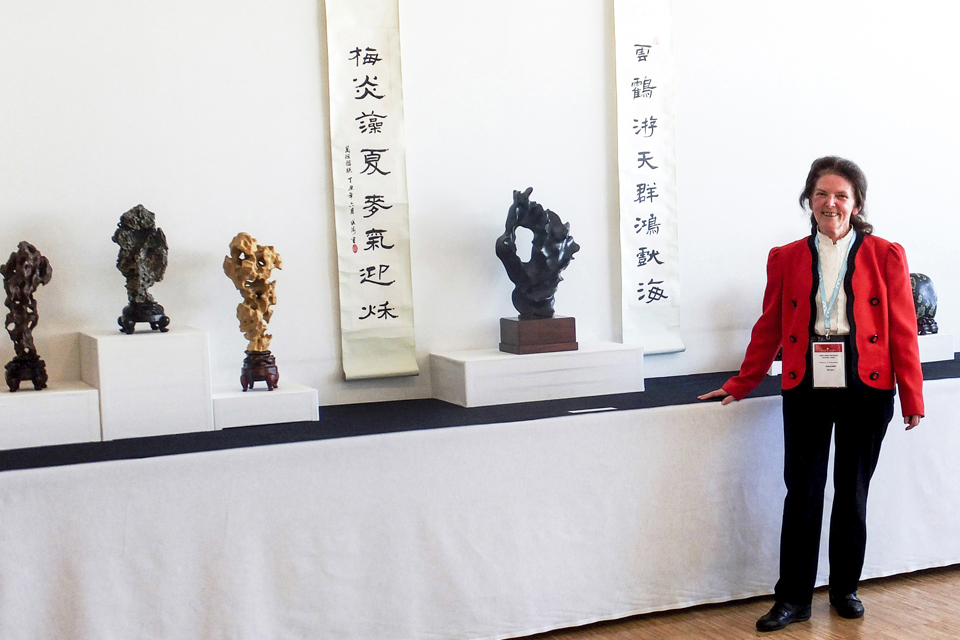
(above) A special Suiseki Exhibit of stones from the late Willi Benz Collection was on display. Gudrun Benz attended the exhibition throughout the event and conducted guided tours of the exhibit in English, French, and German.
More of the trees, stones and kusamono on exhibit

